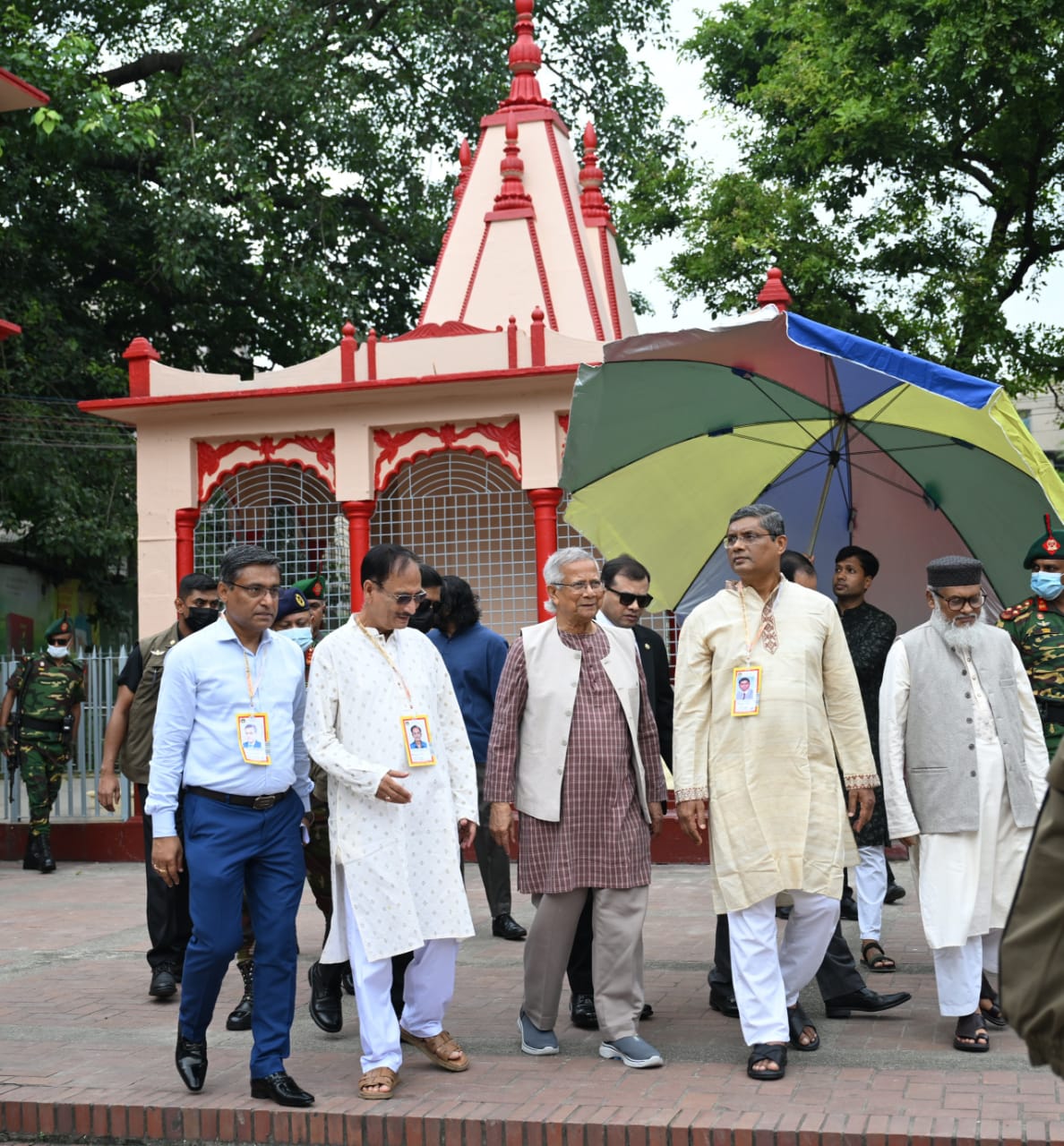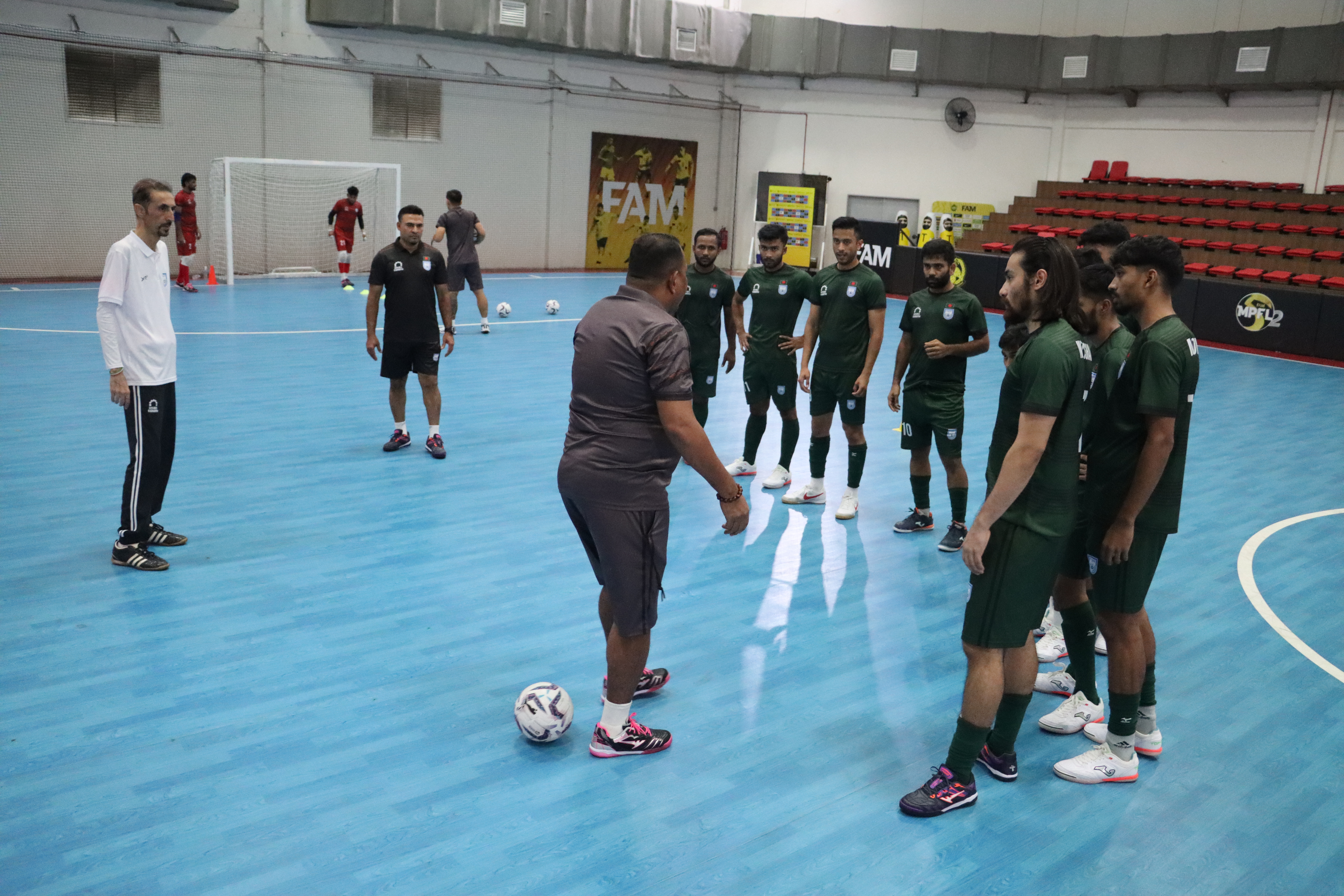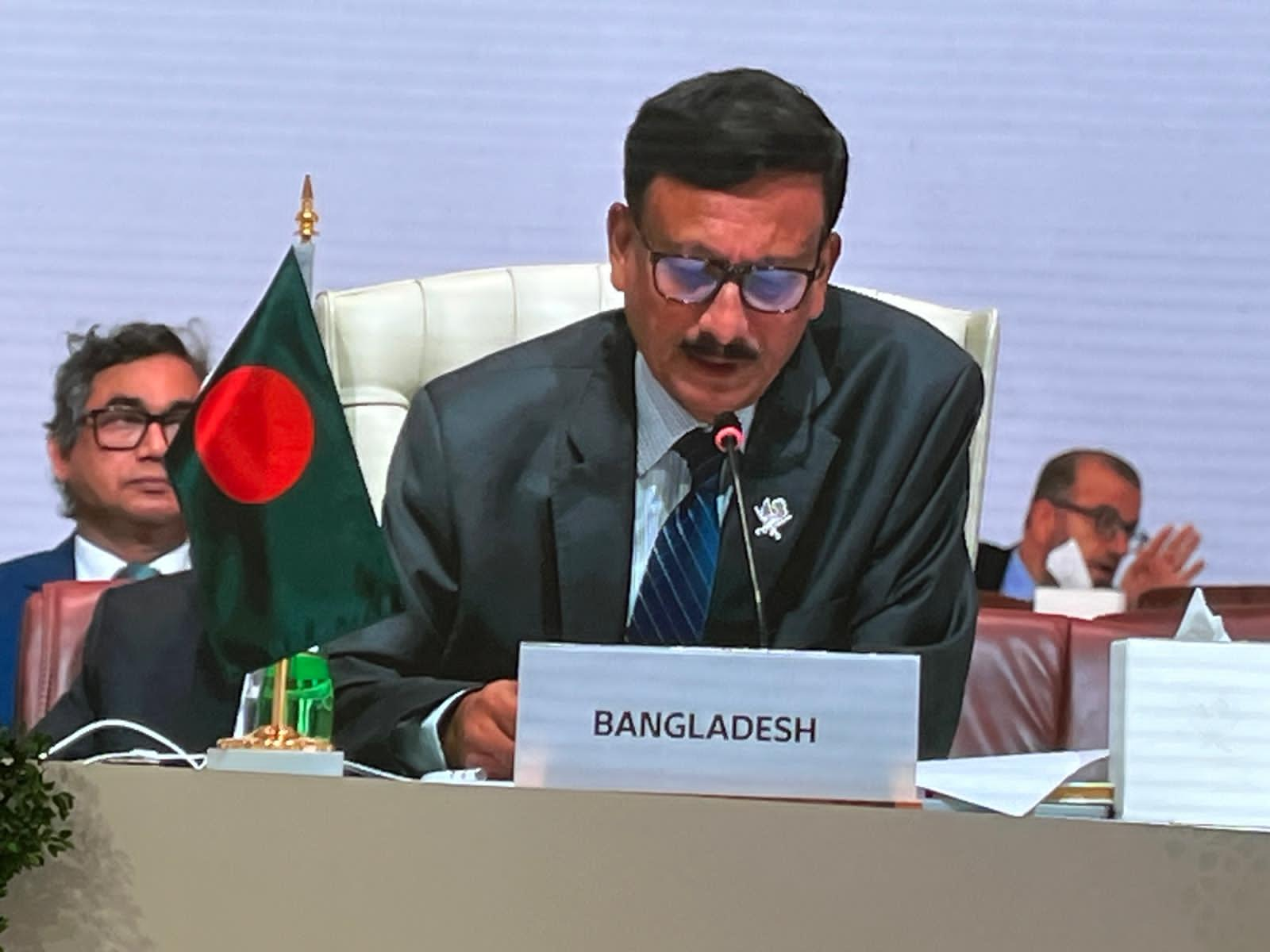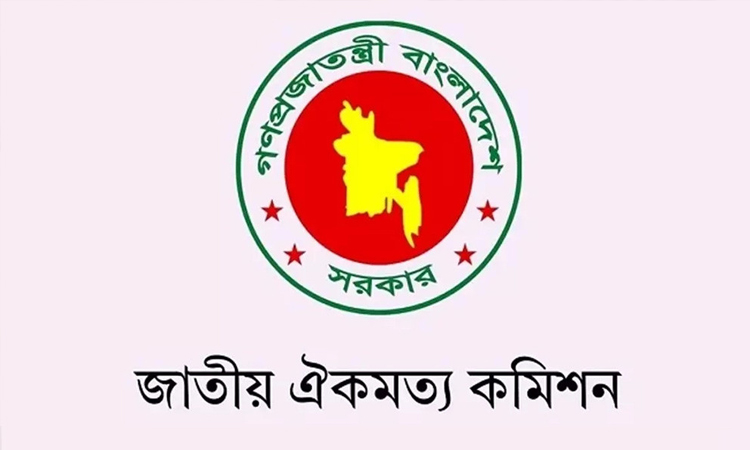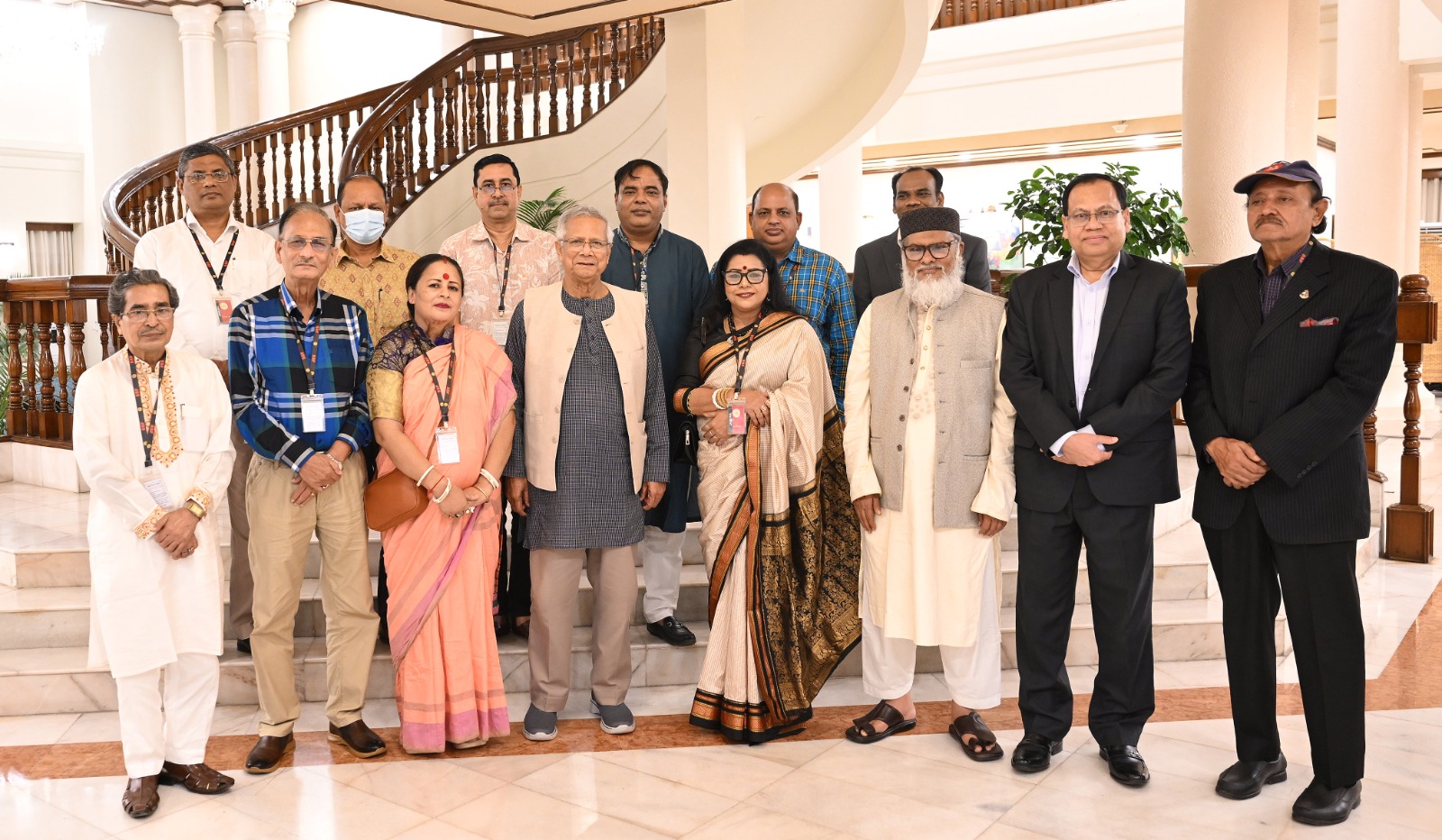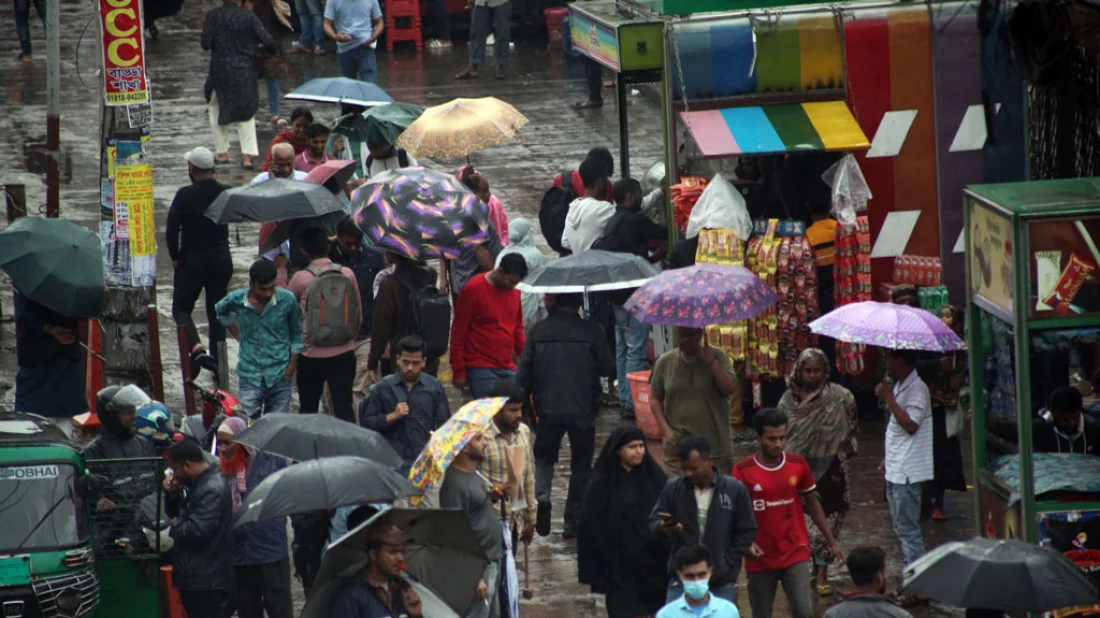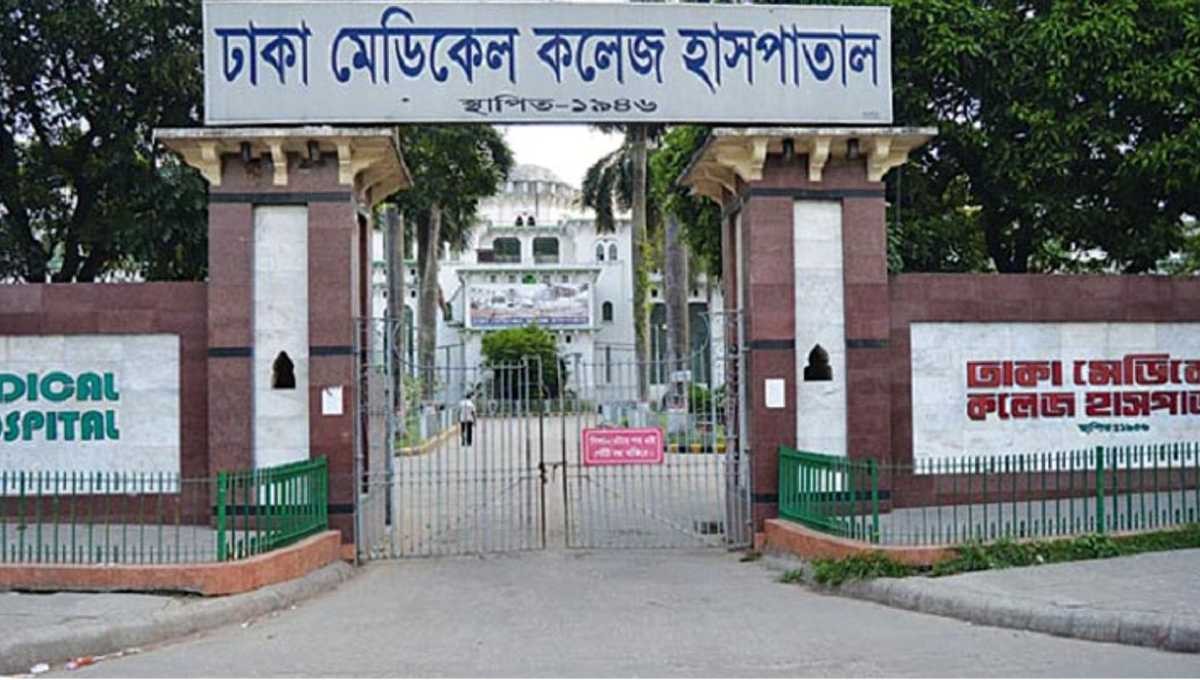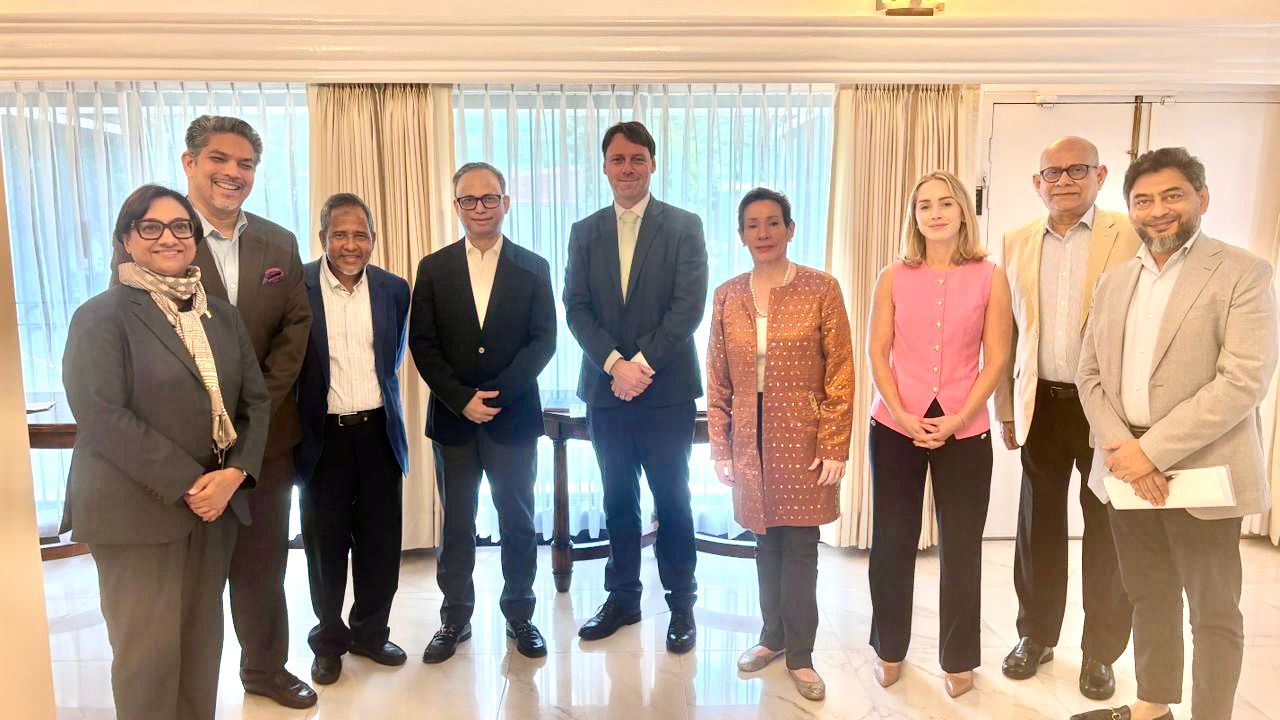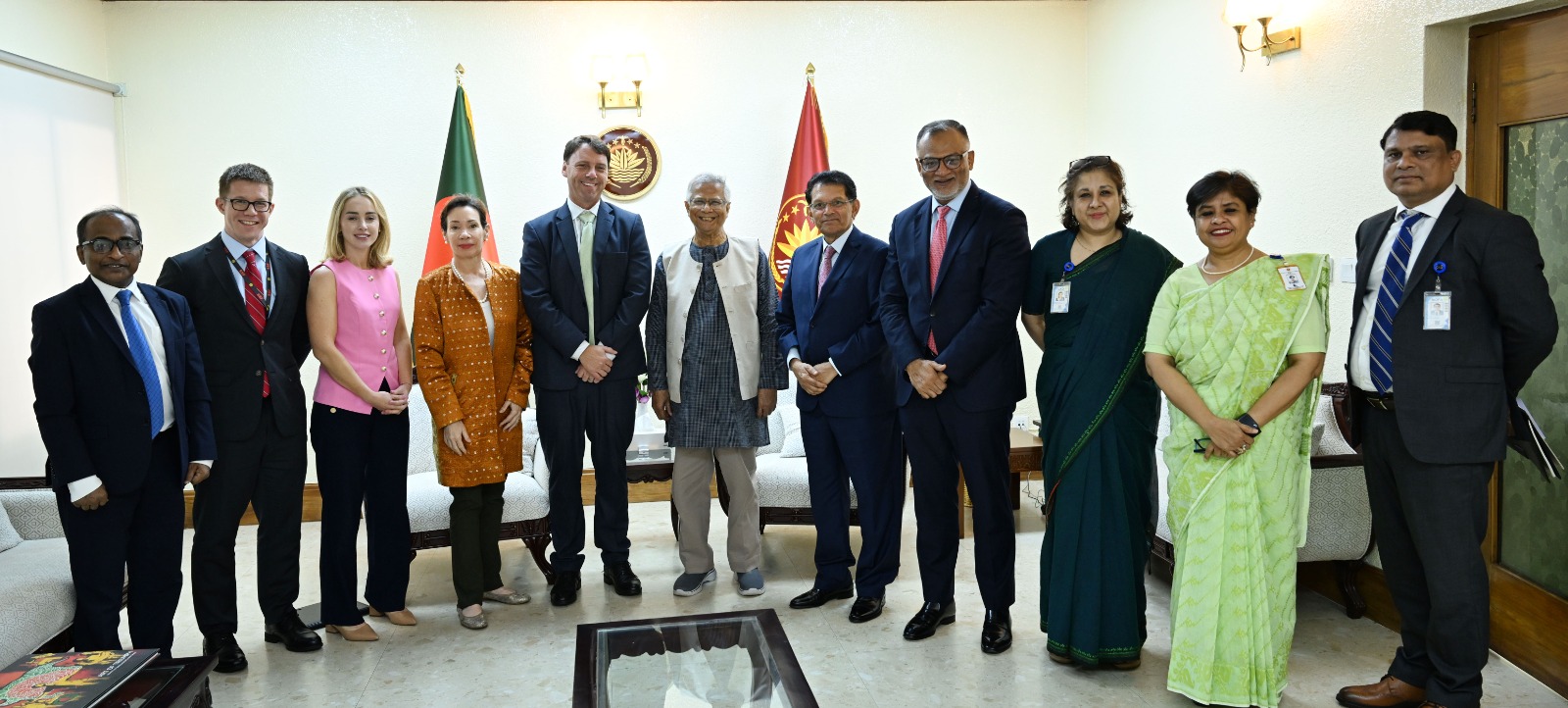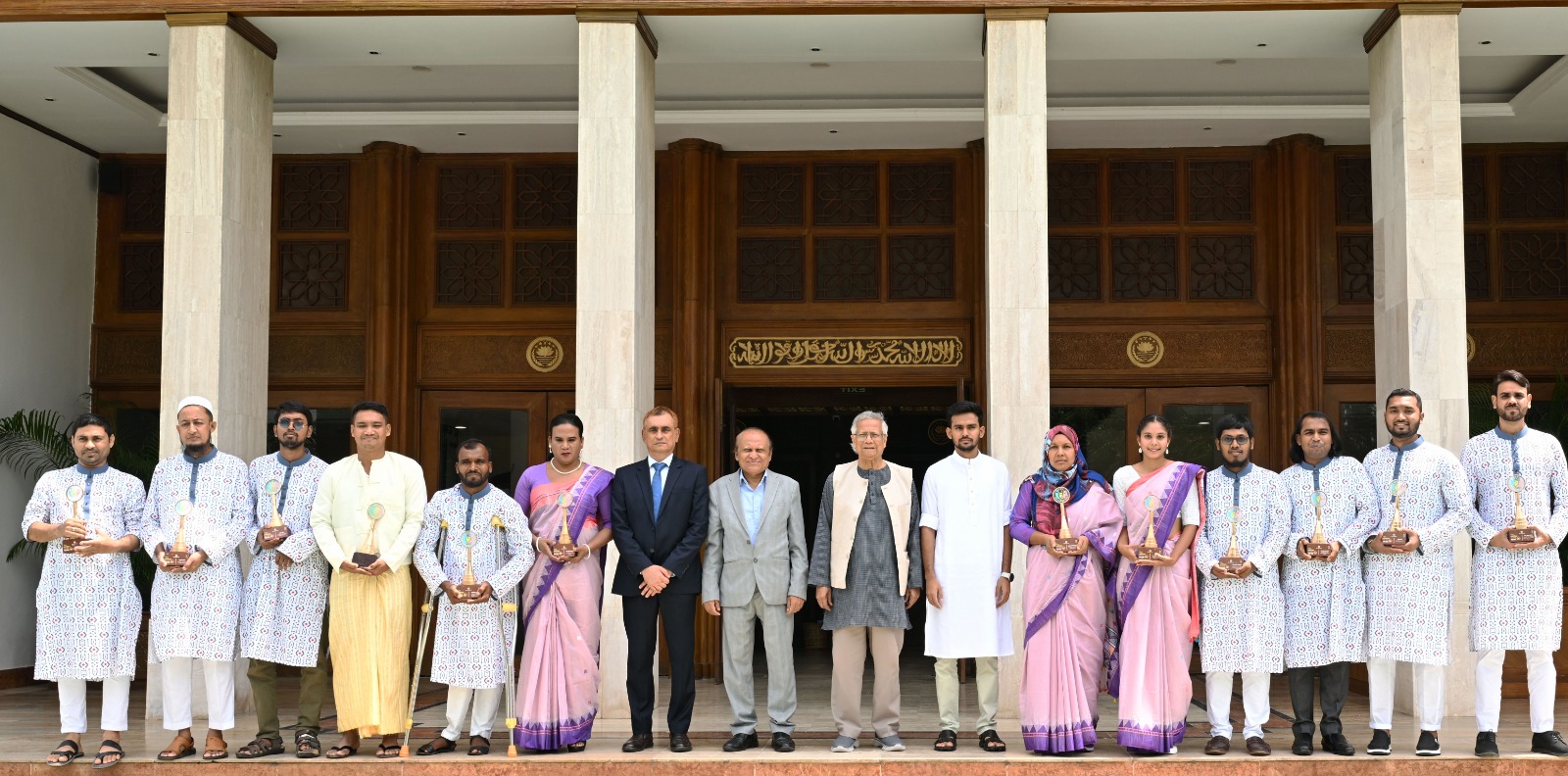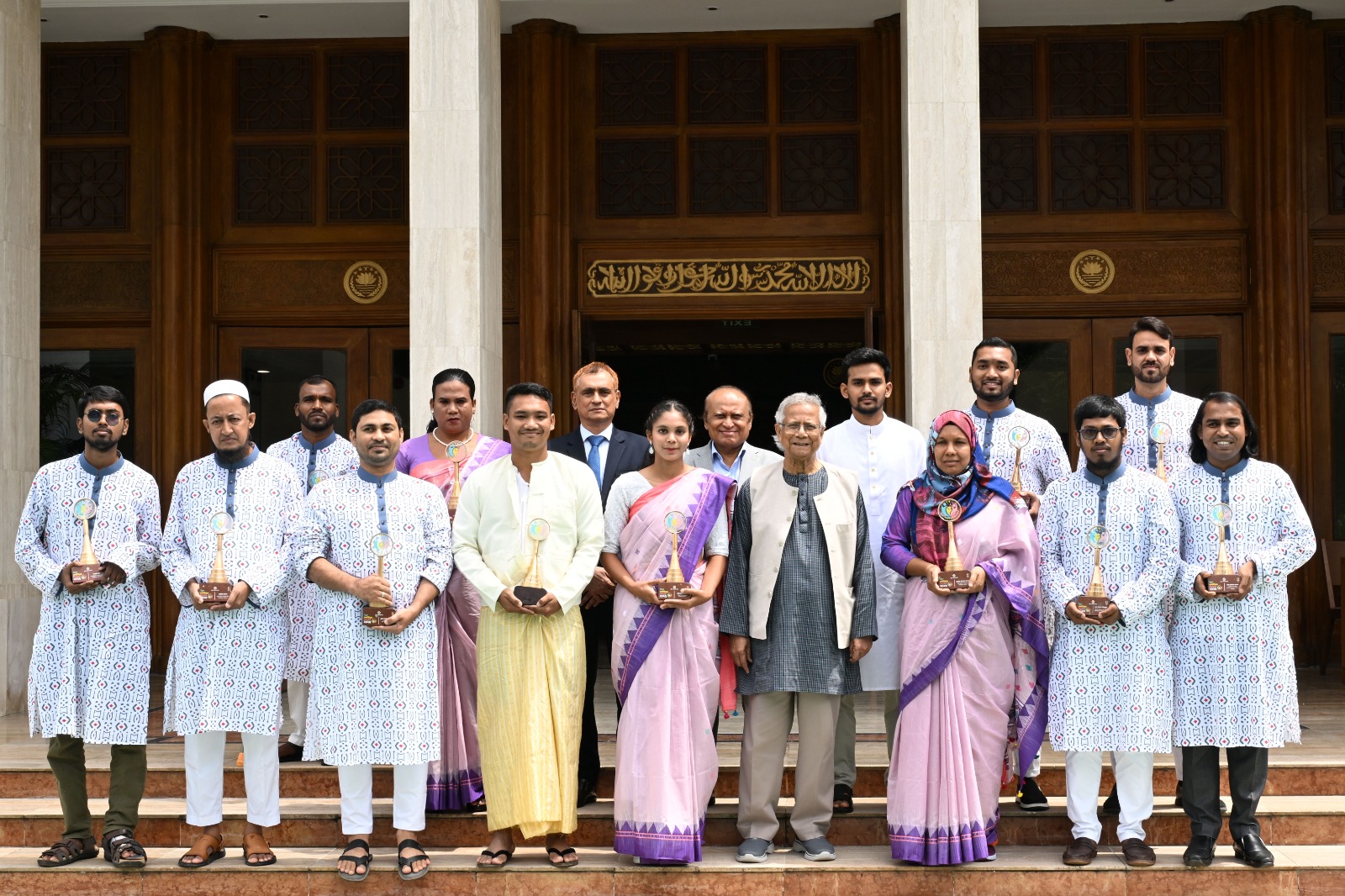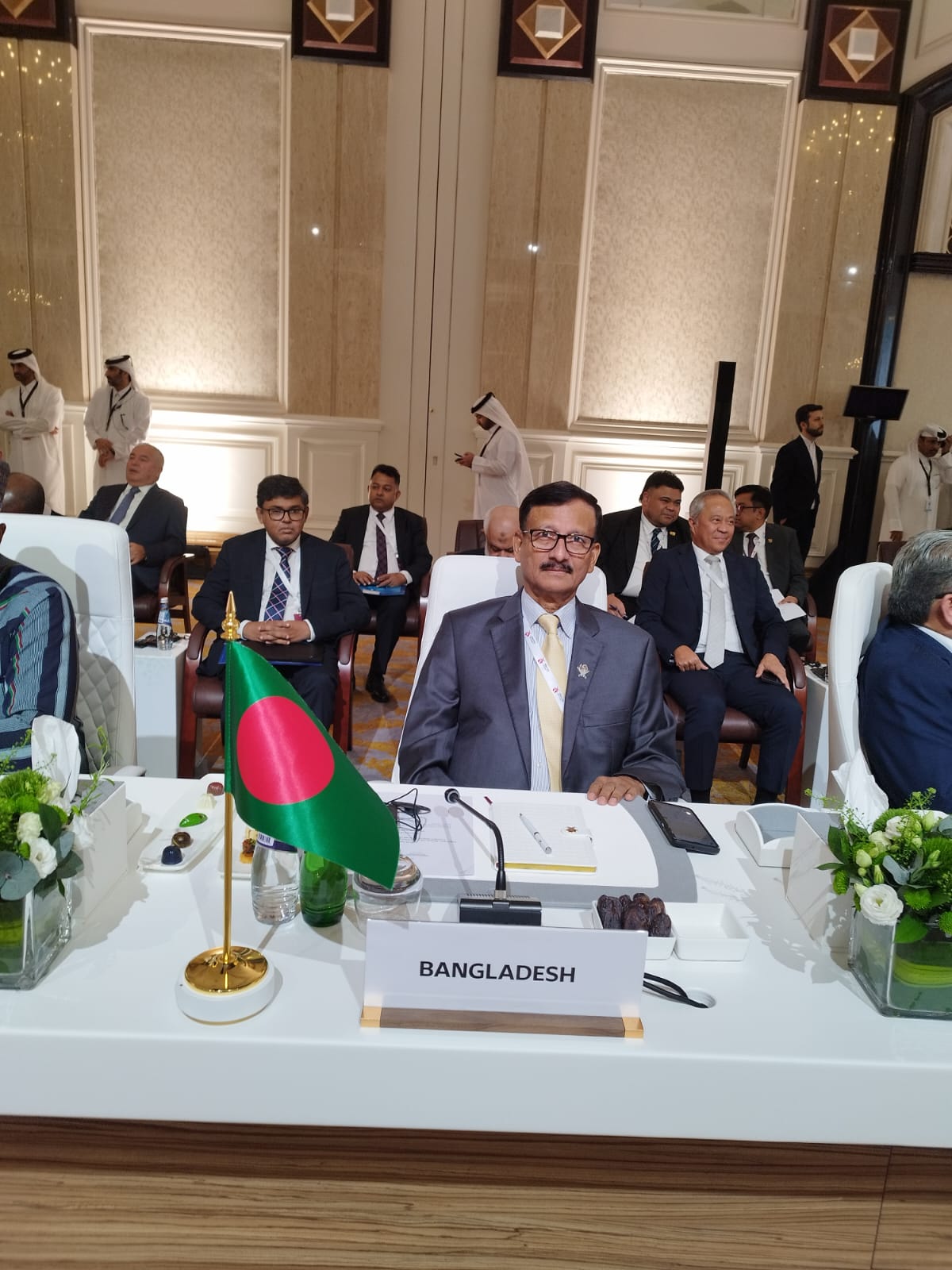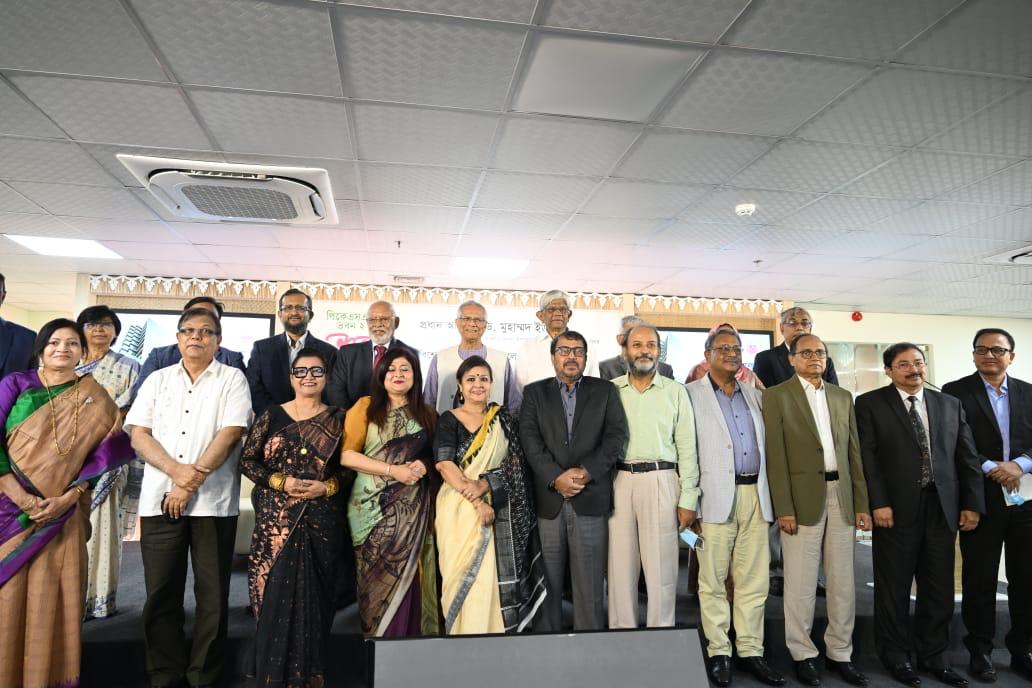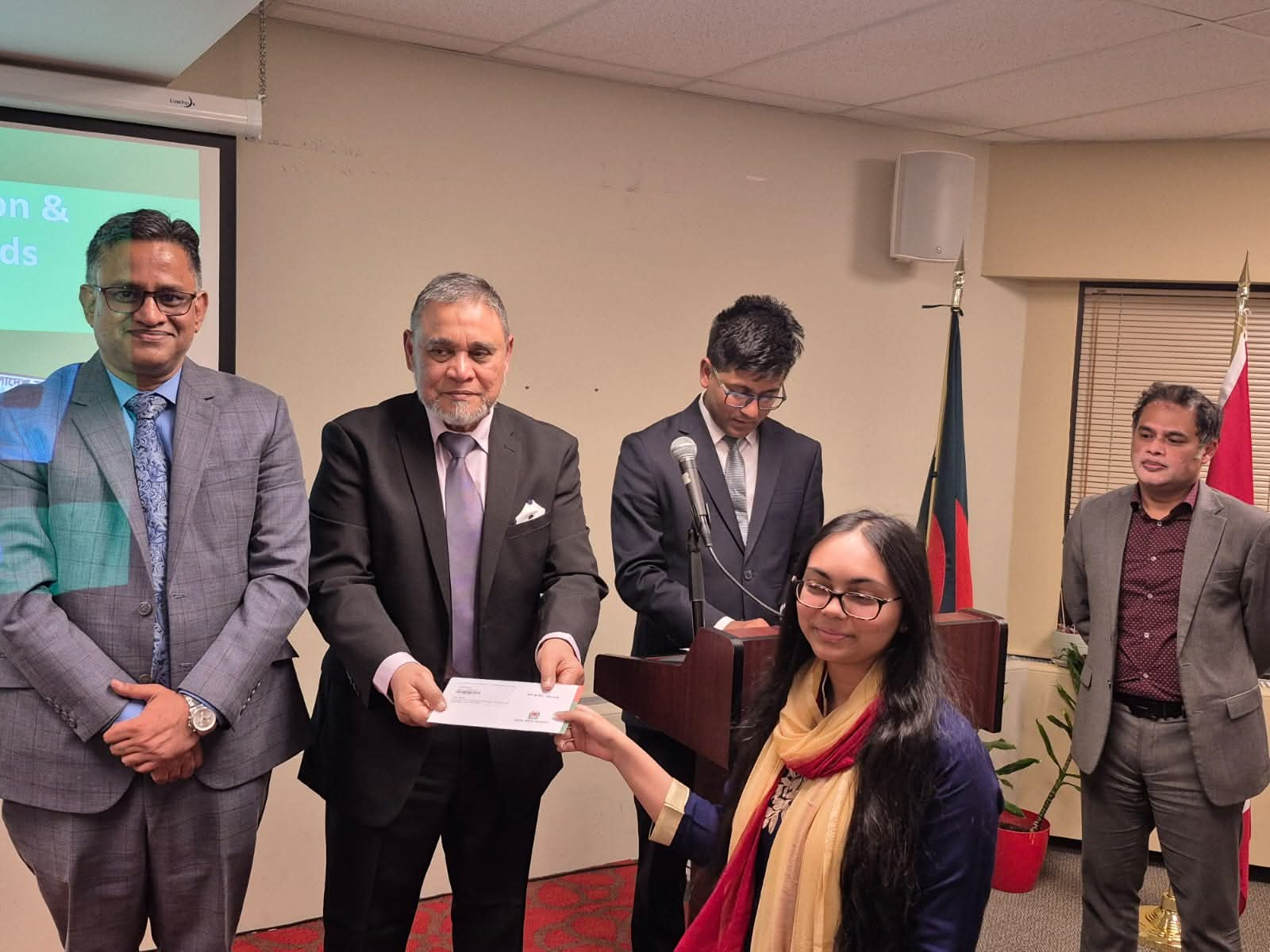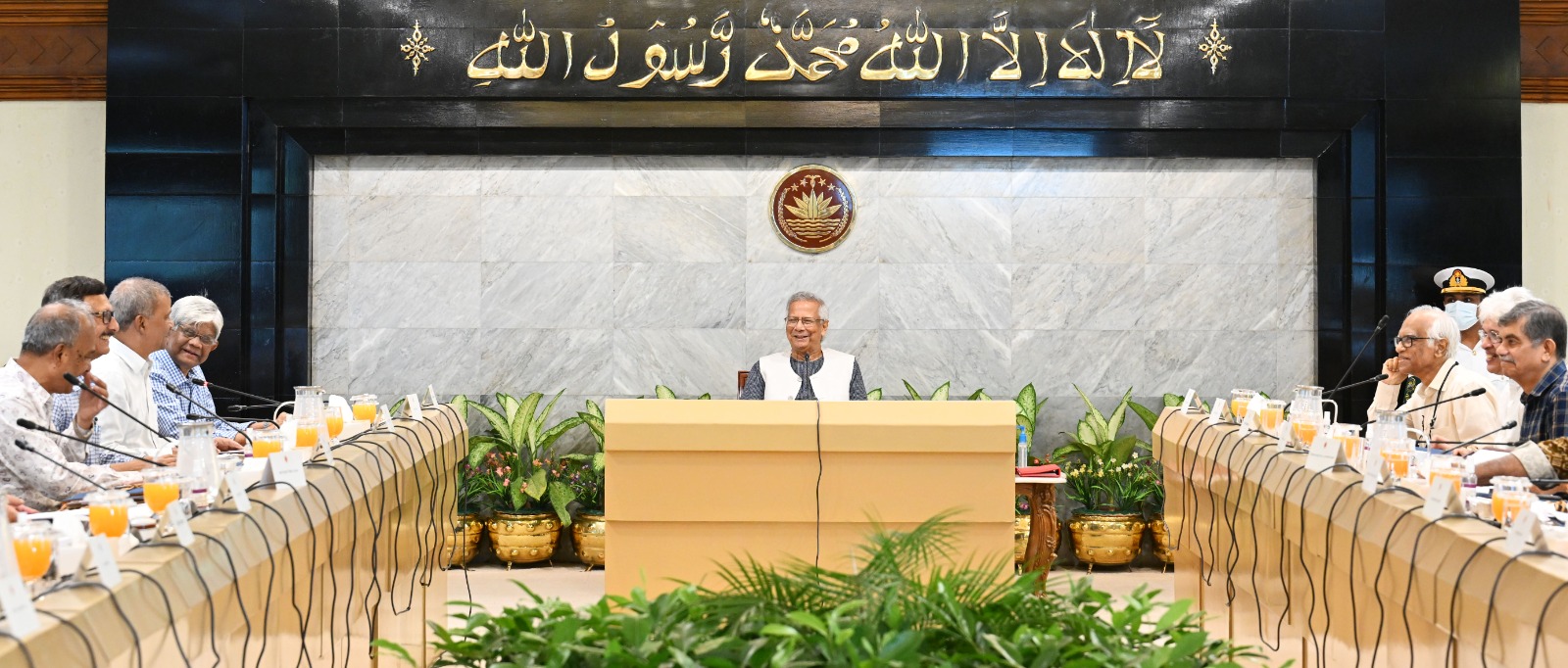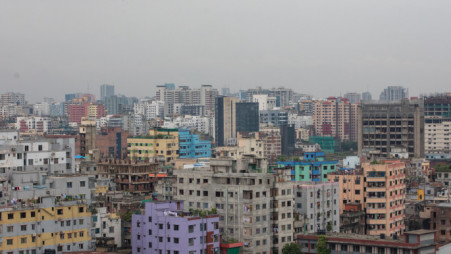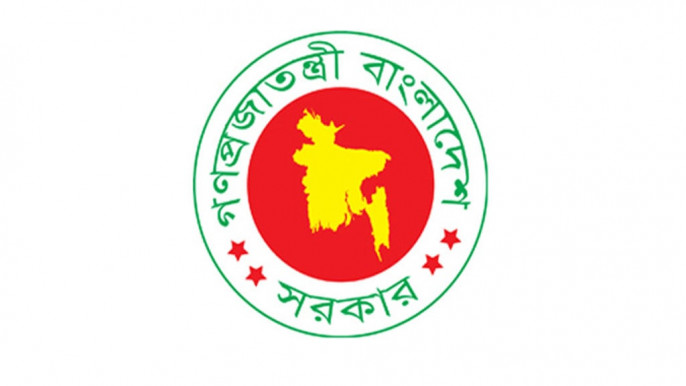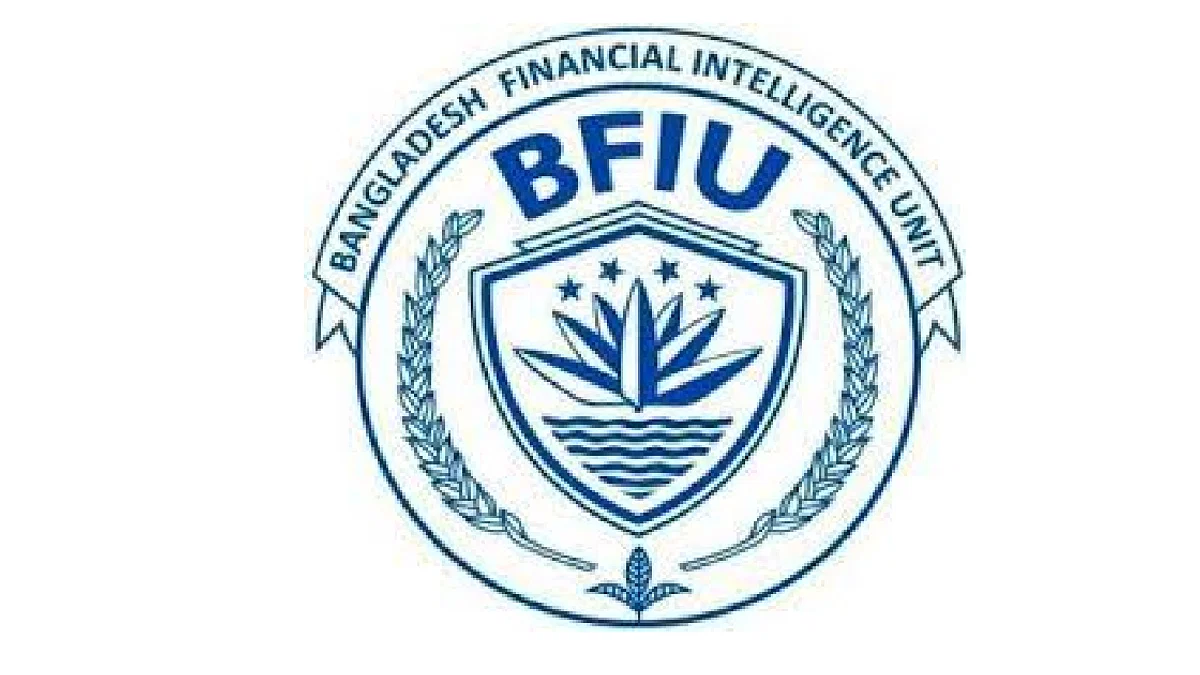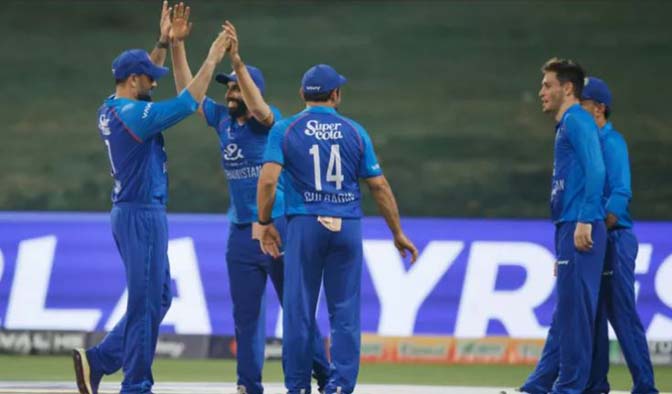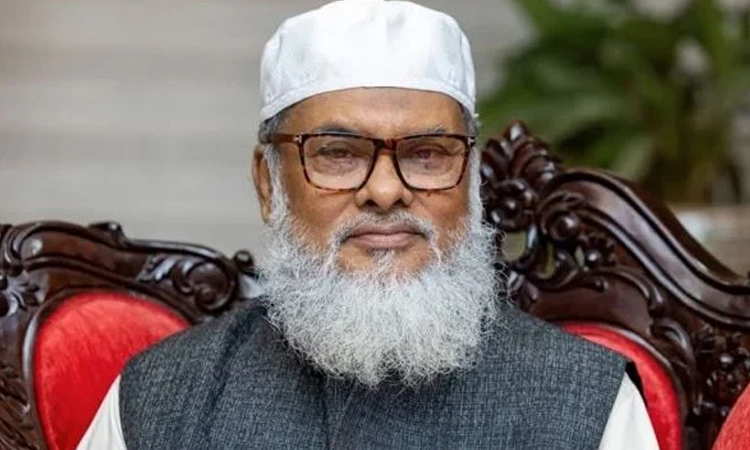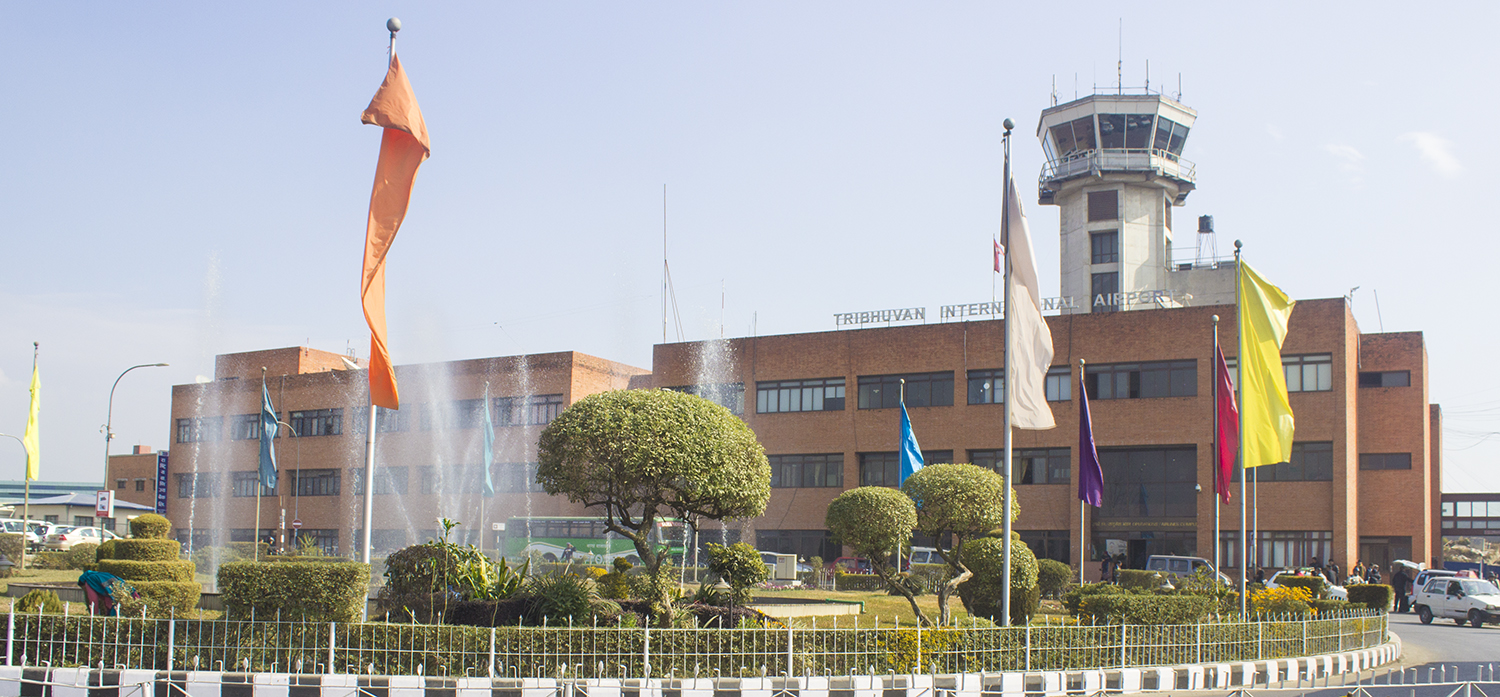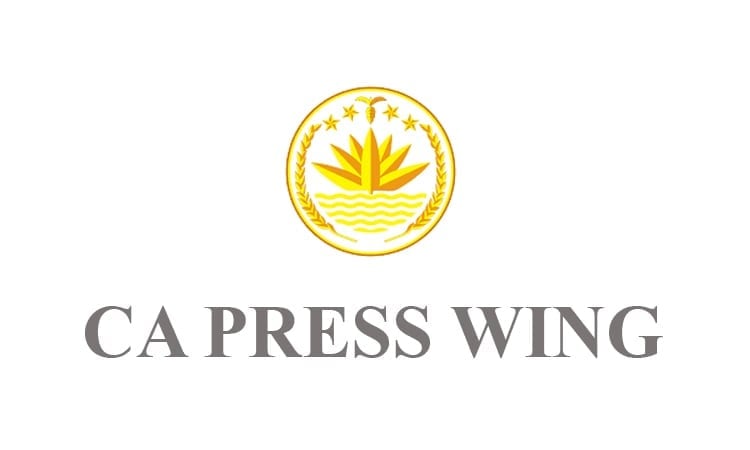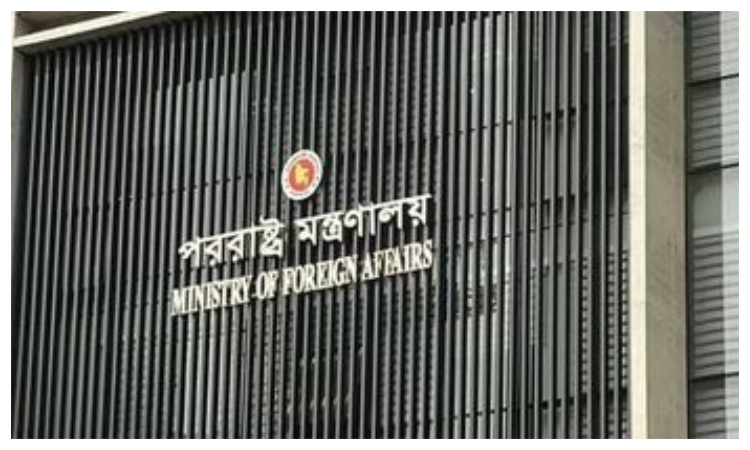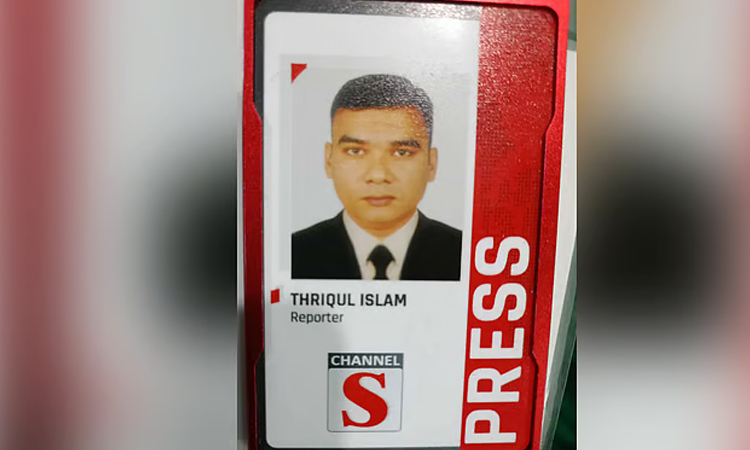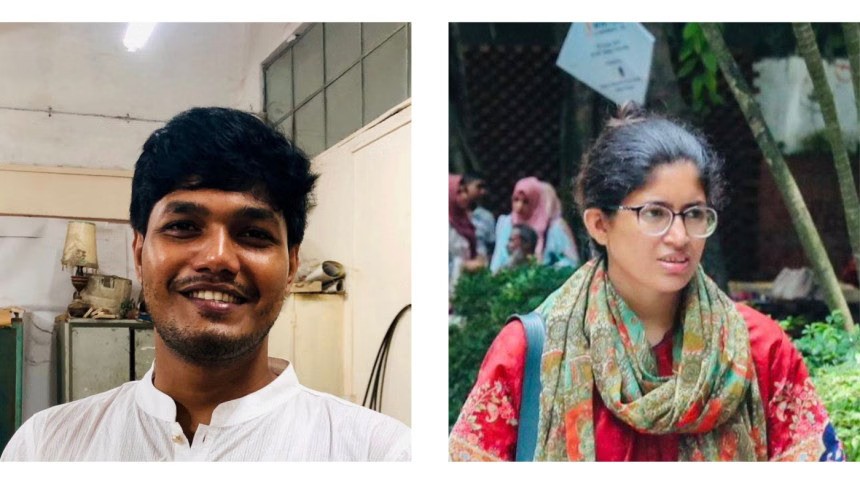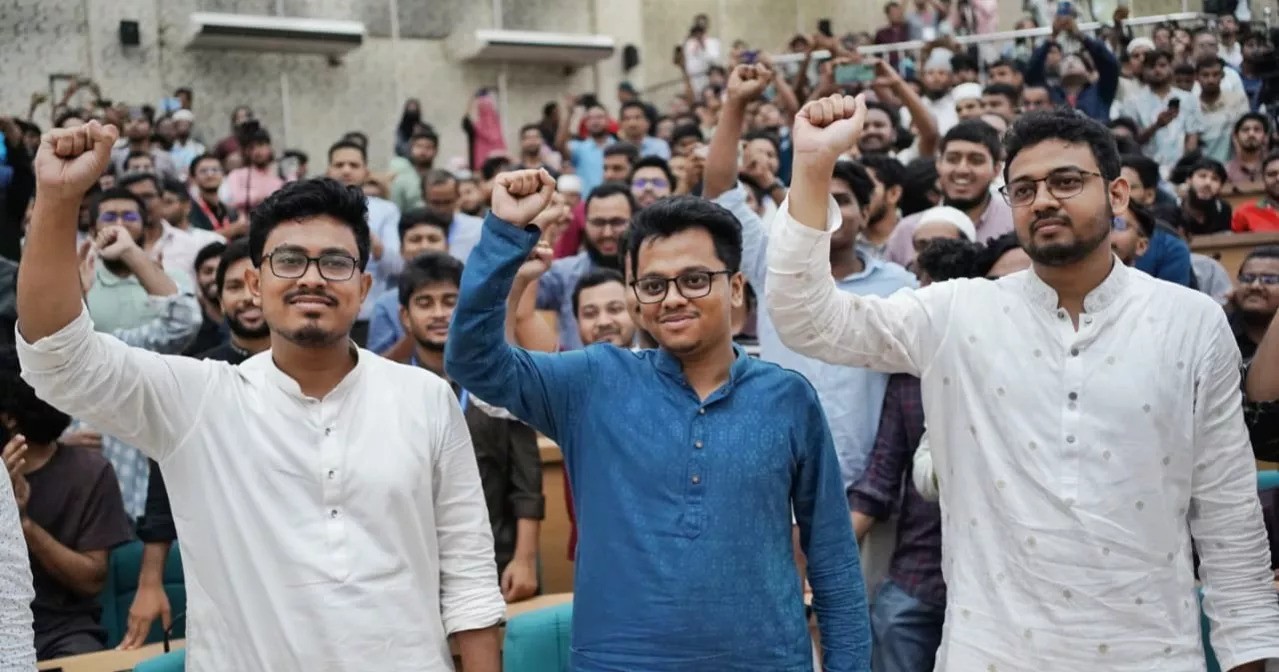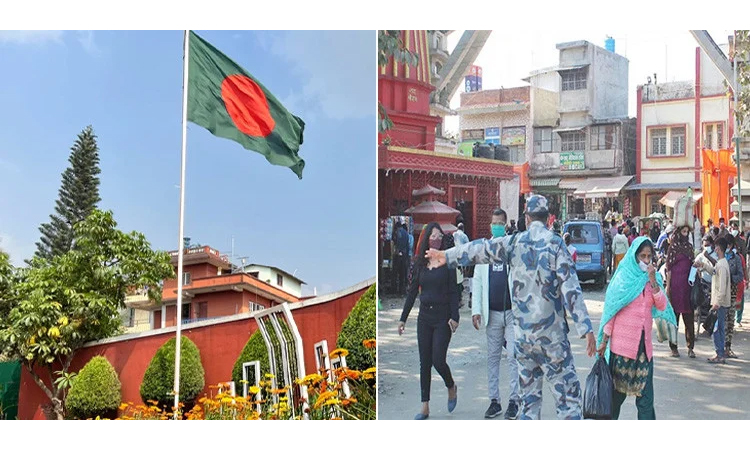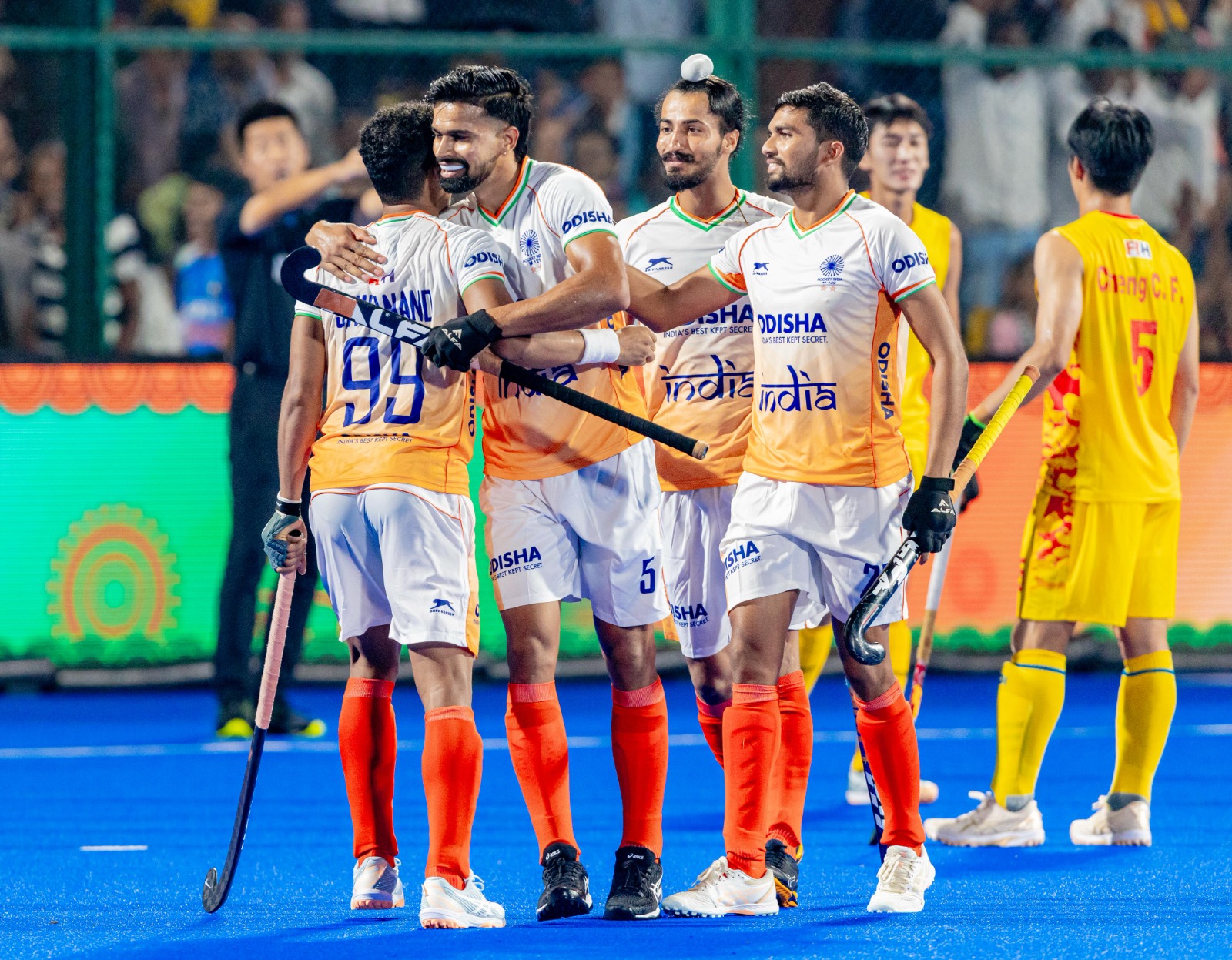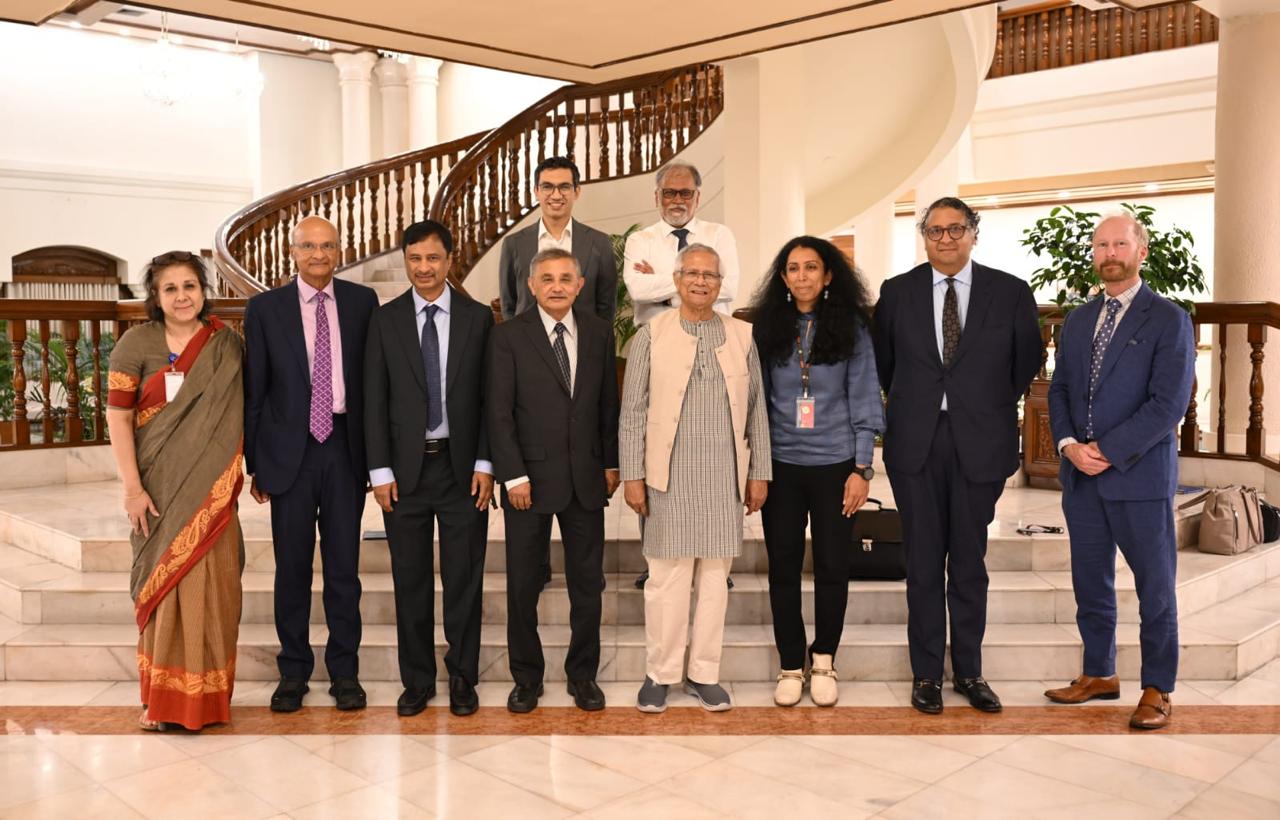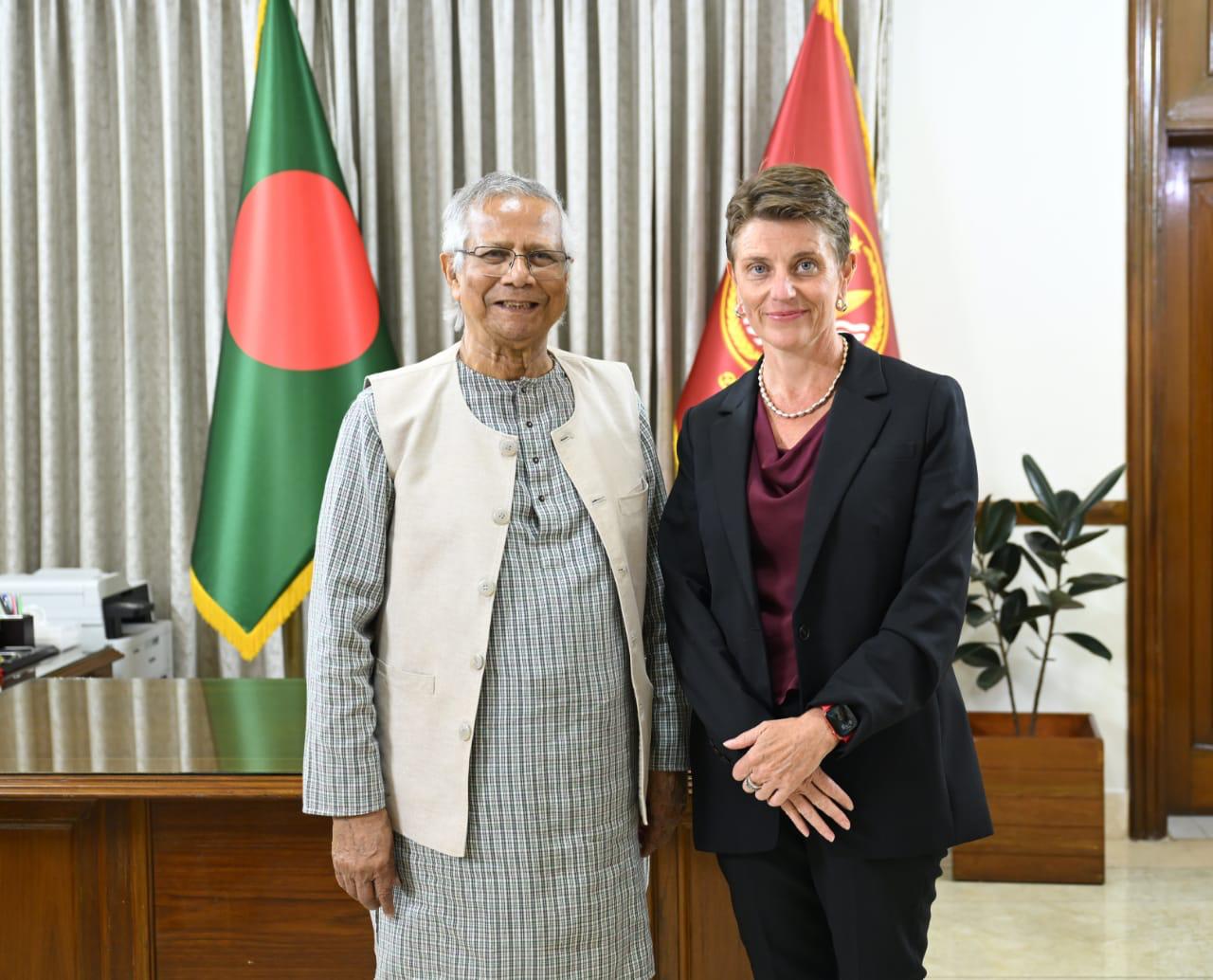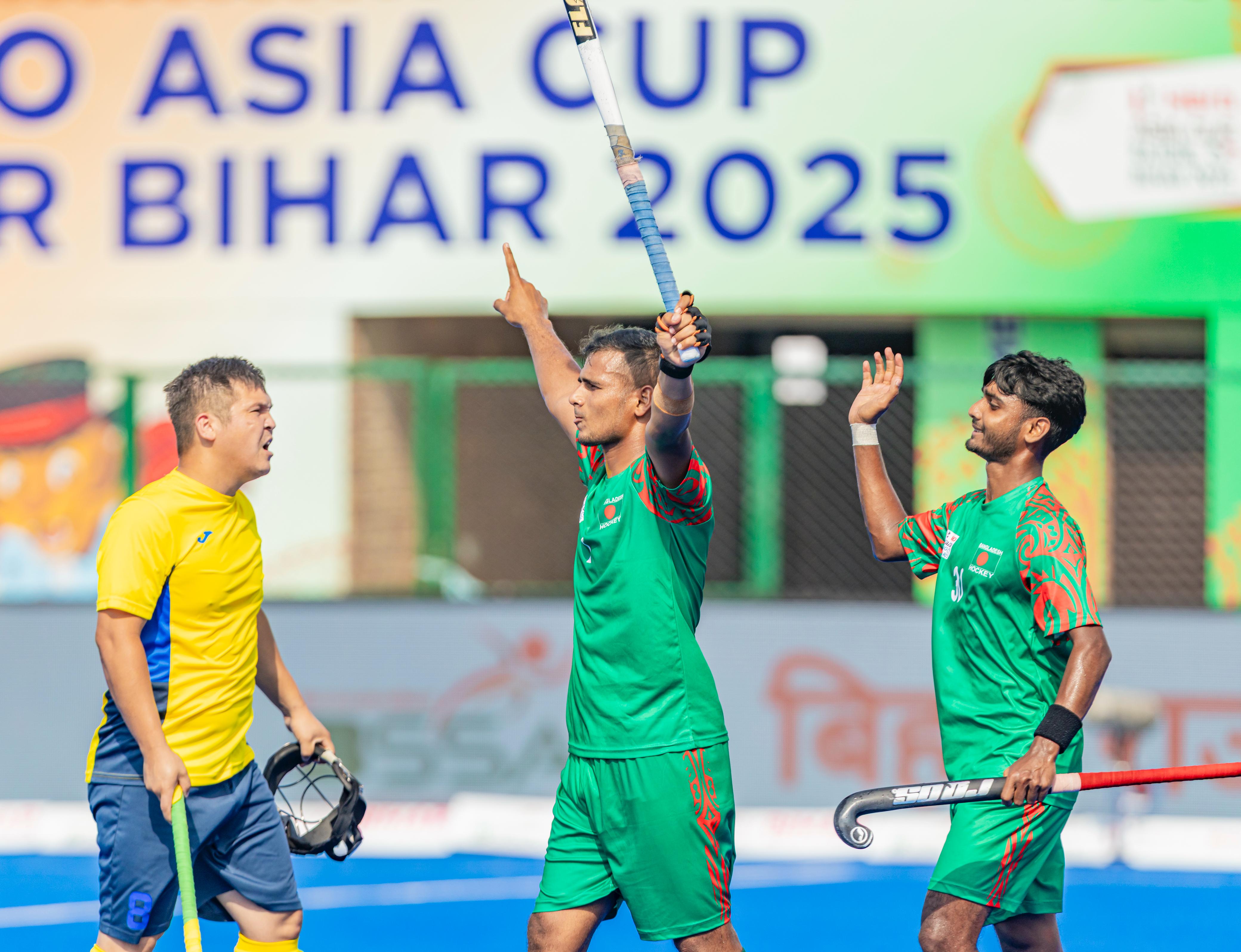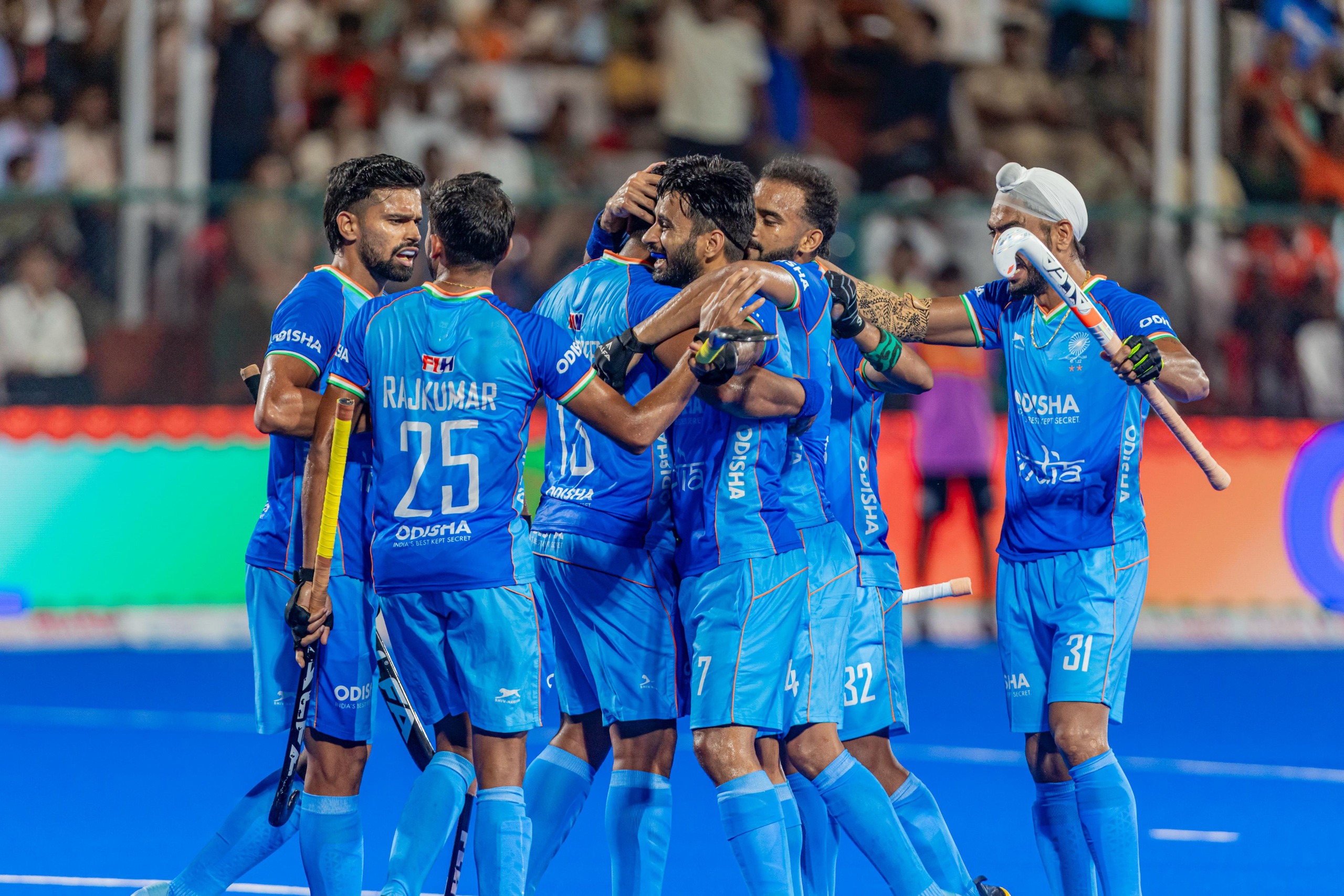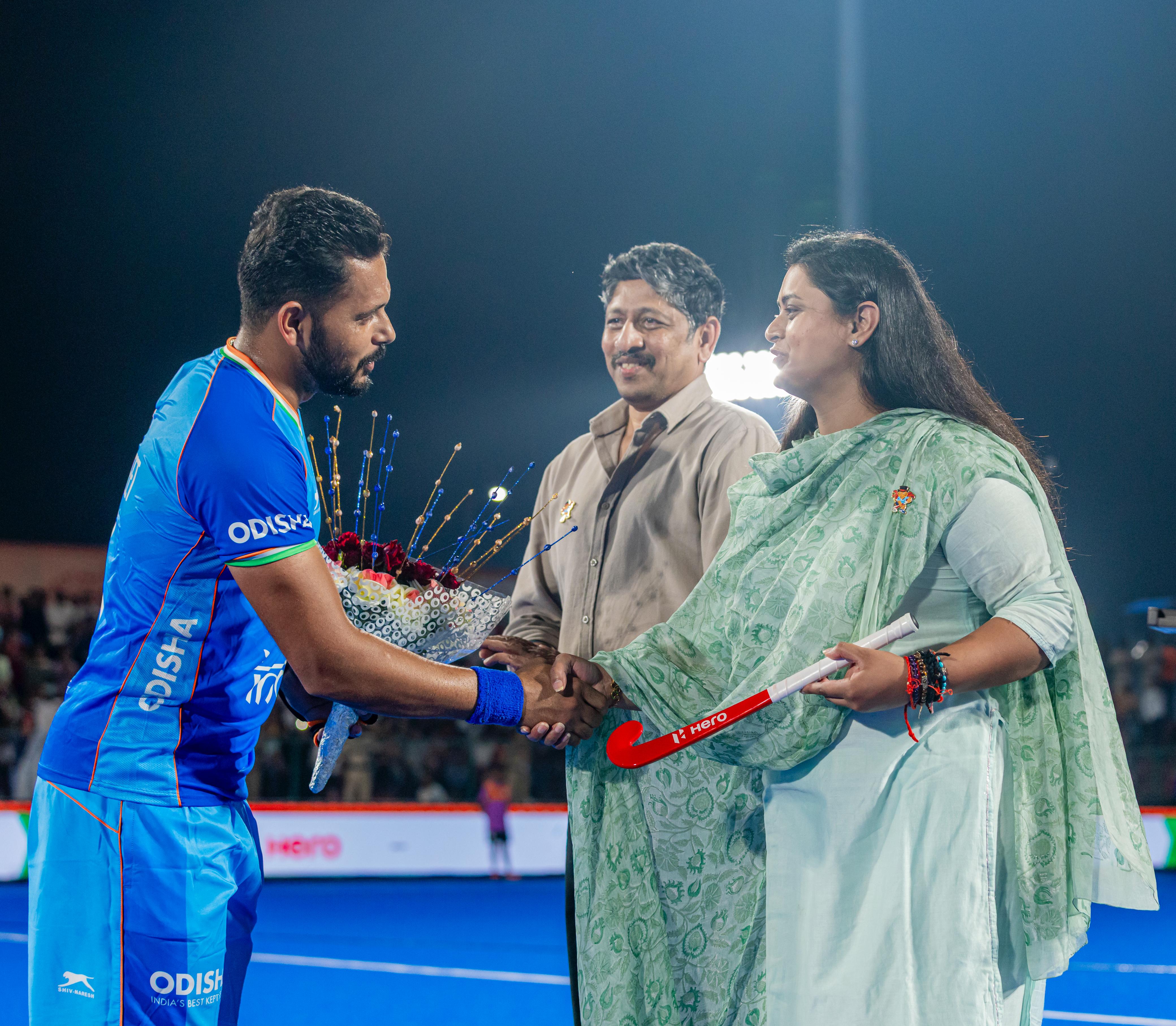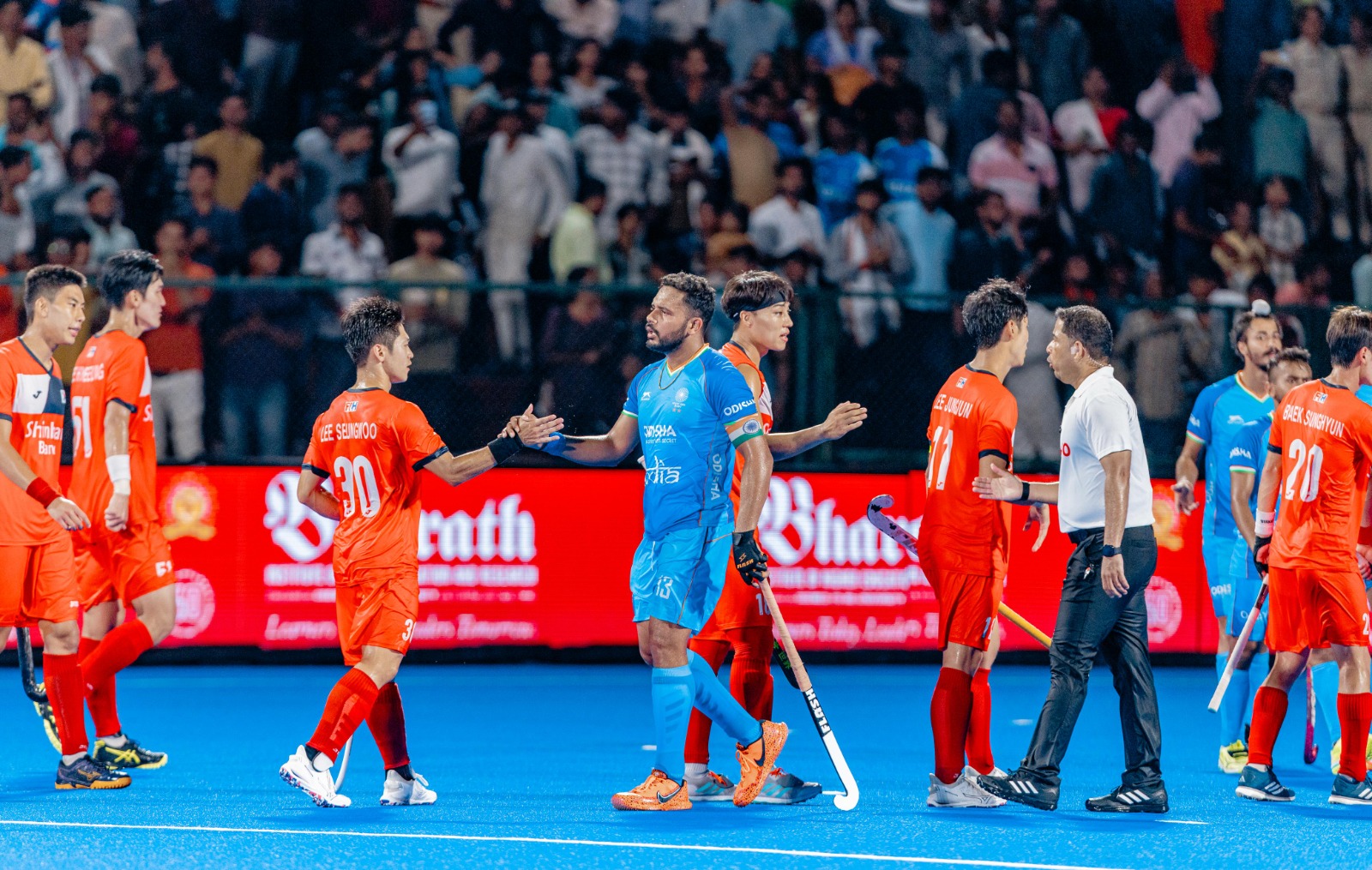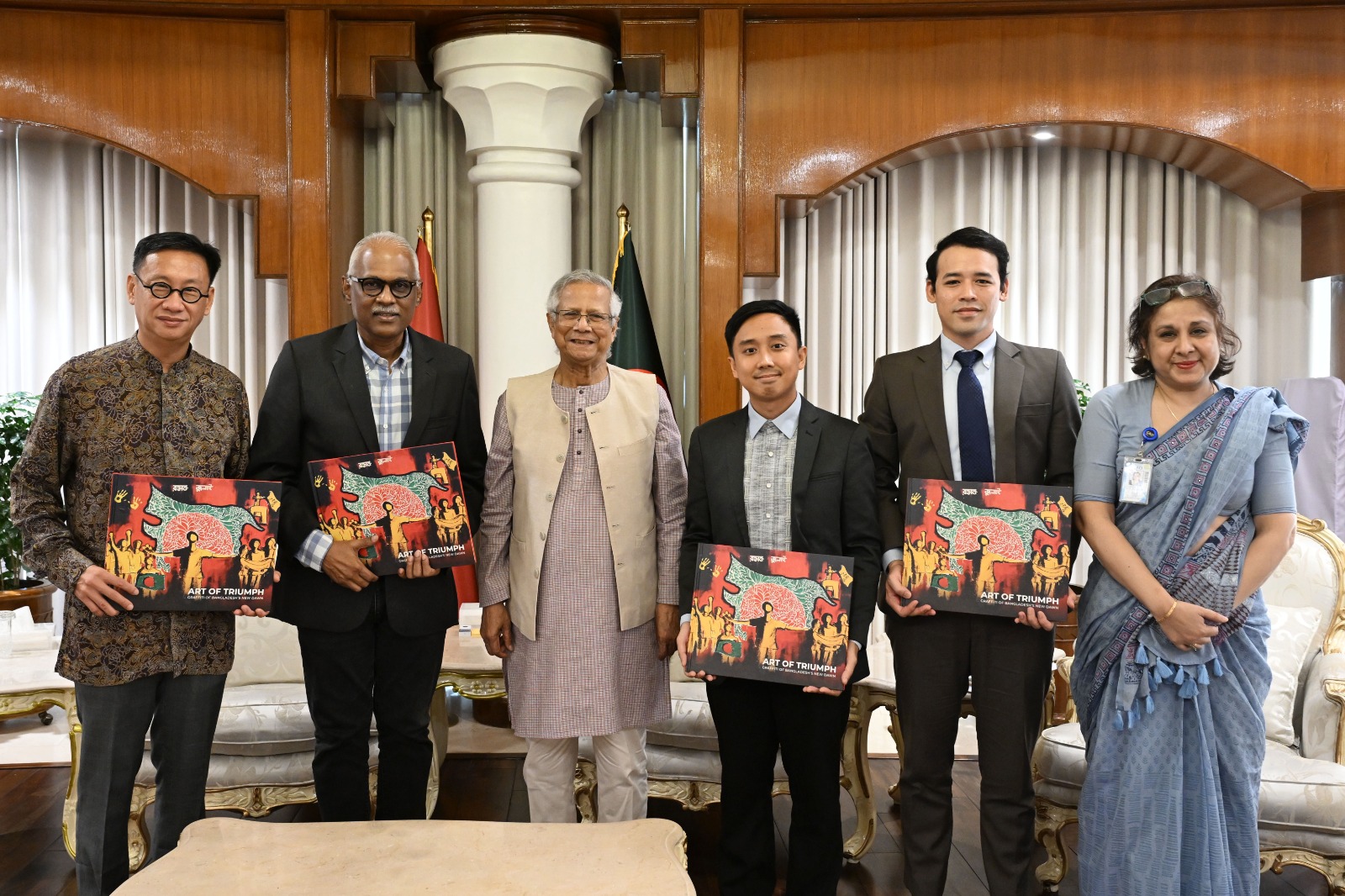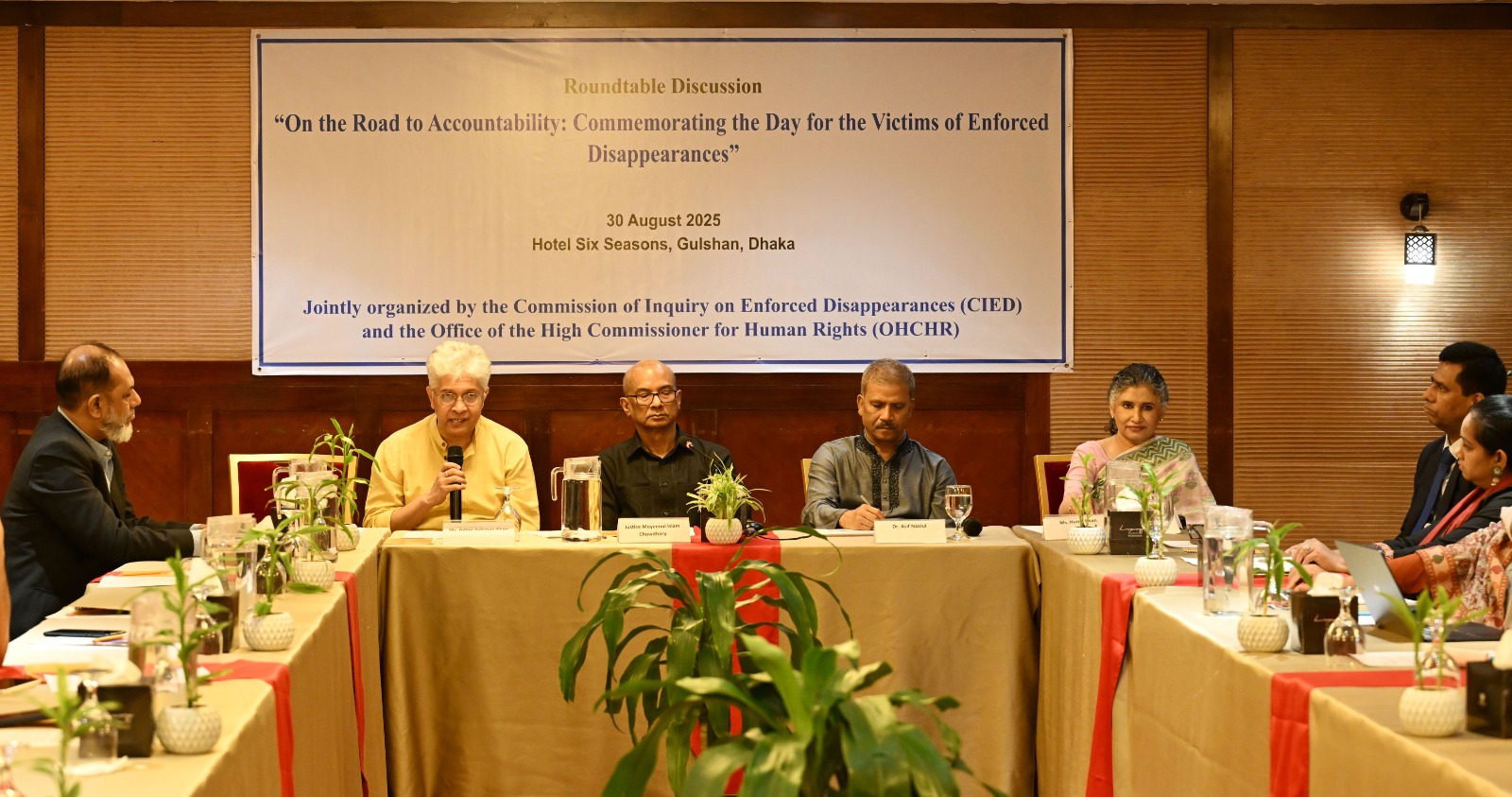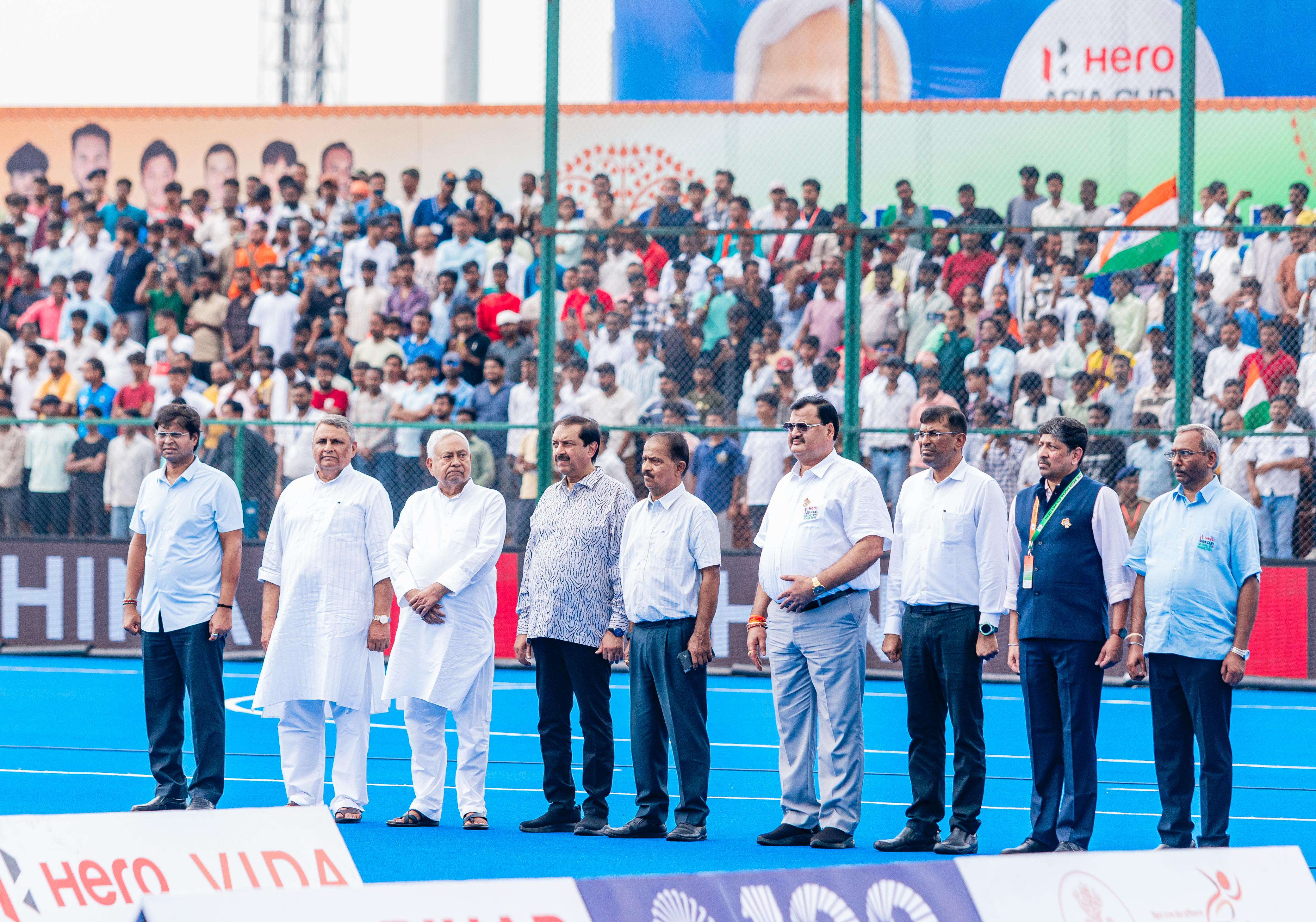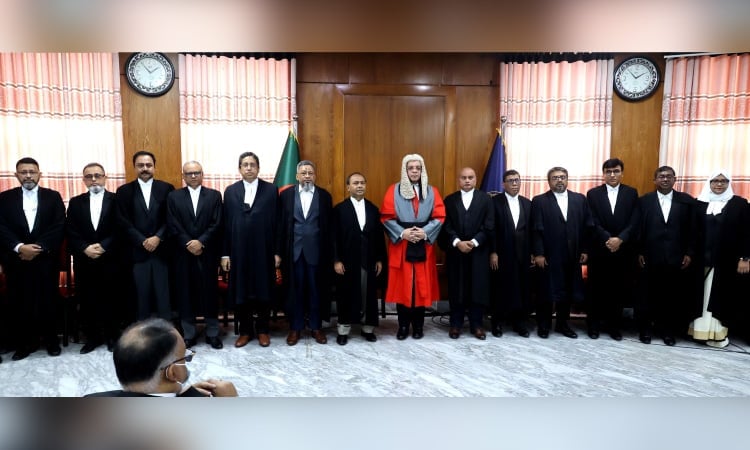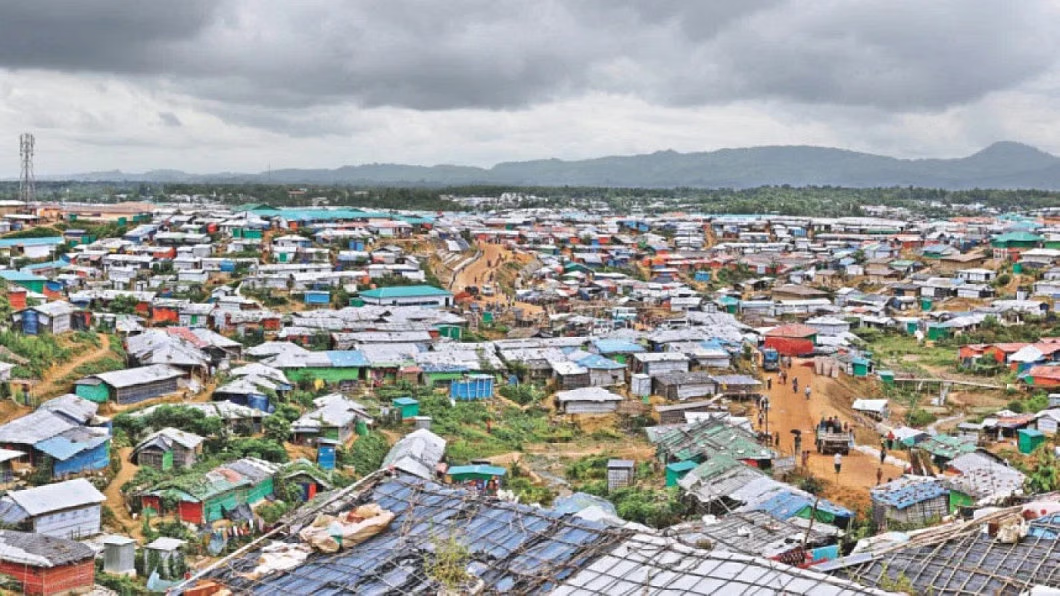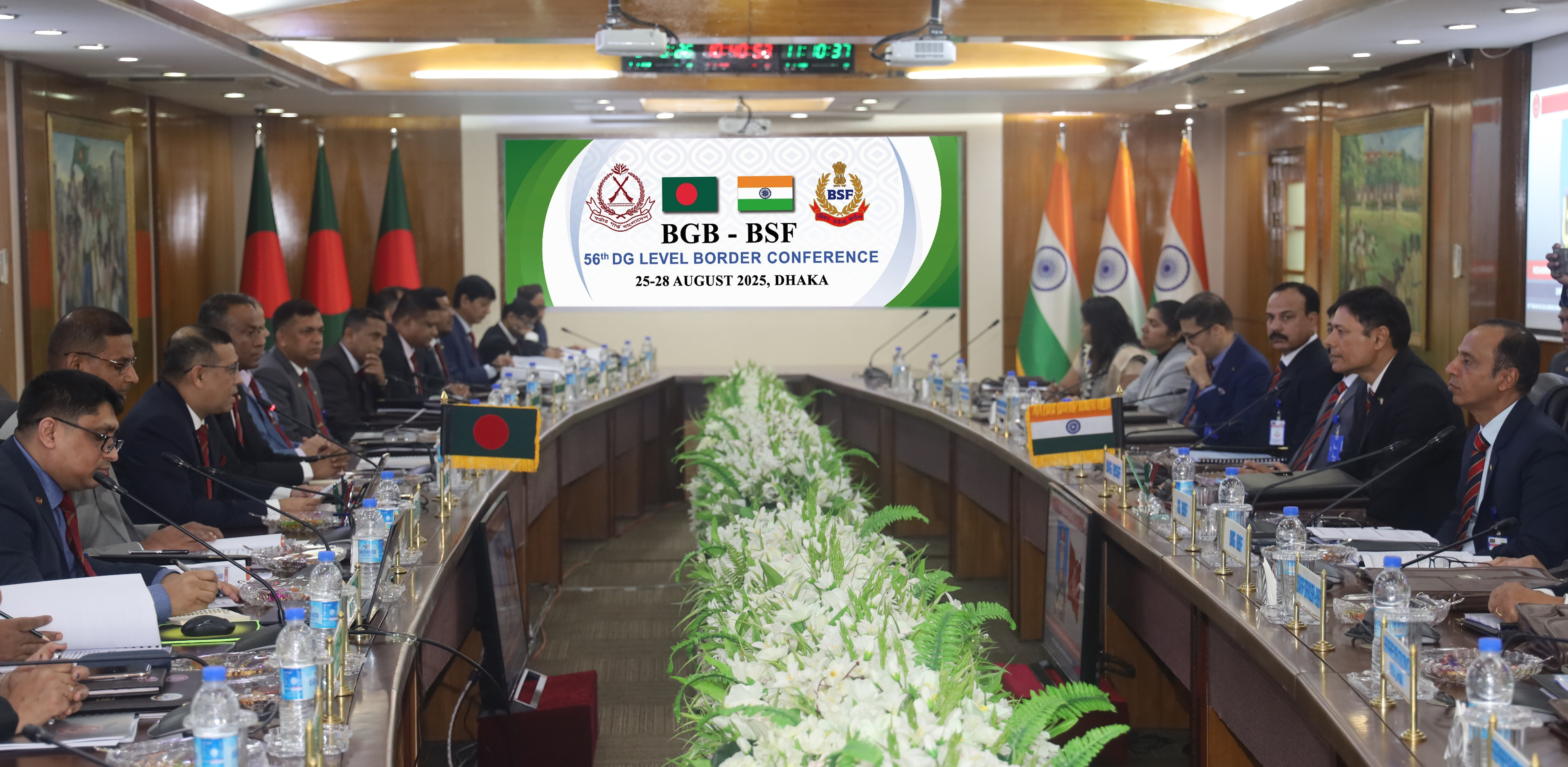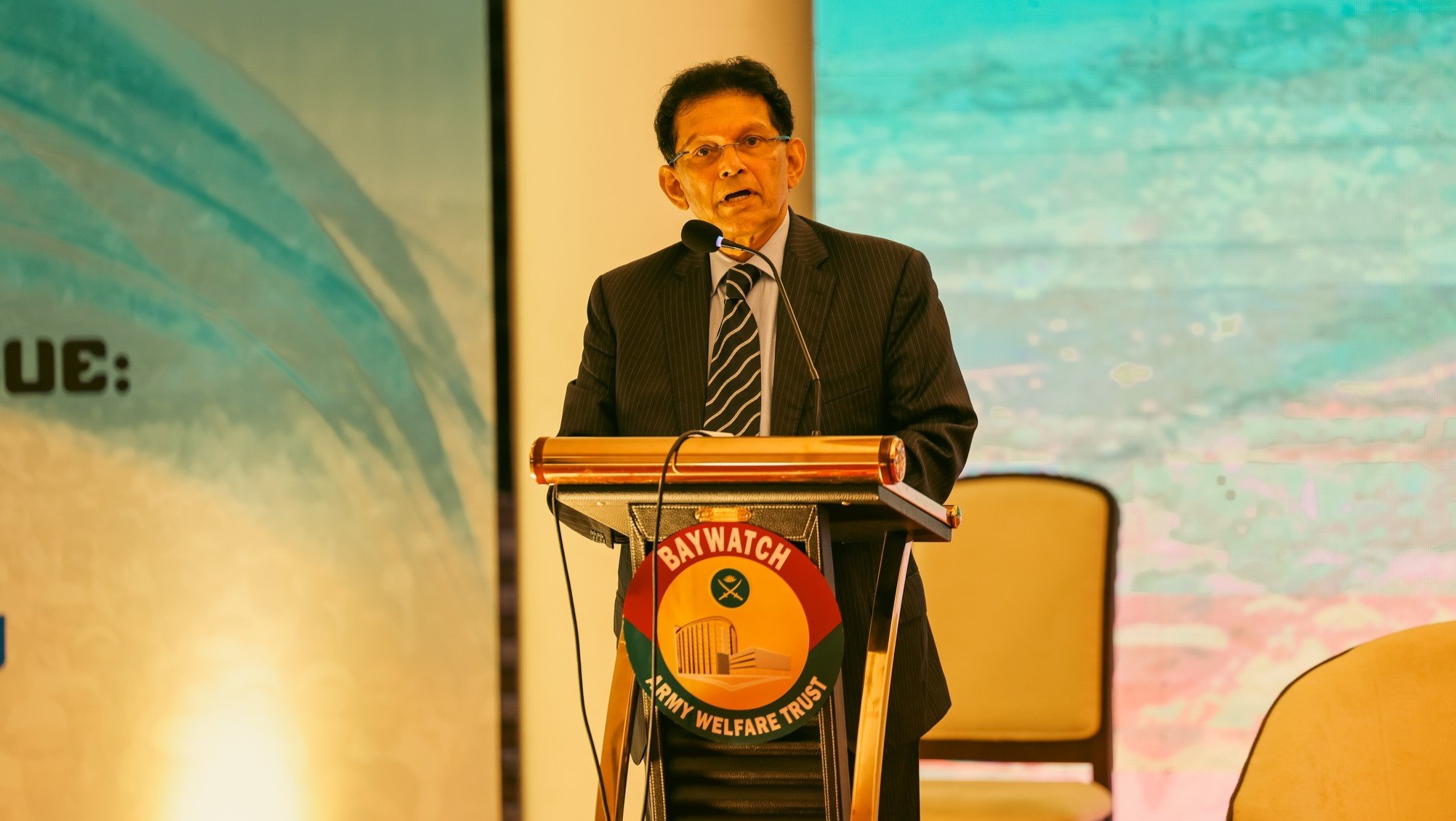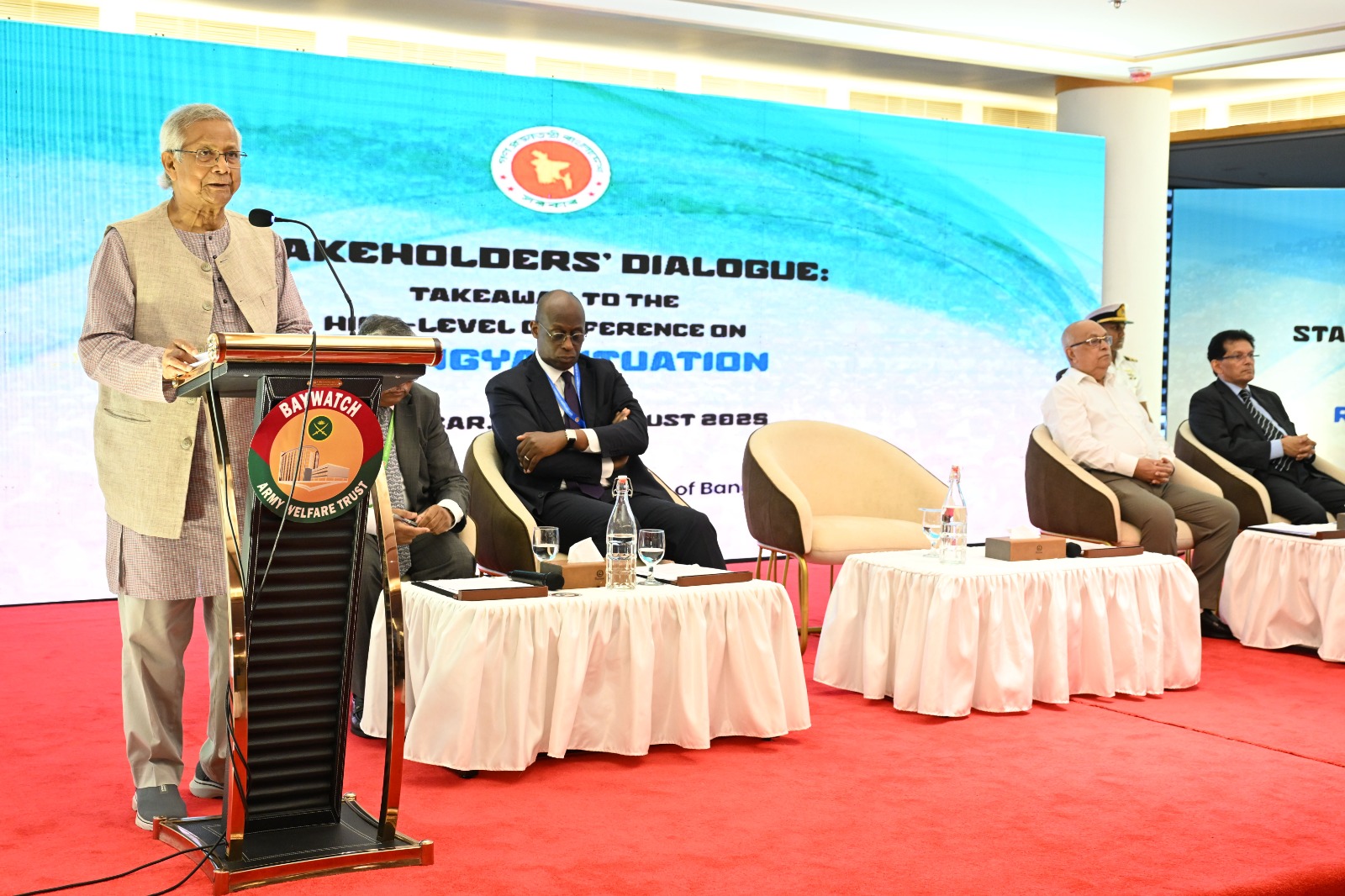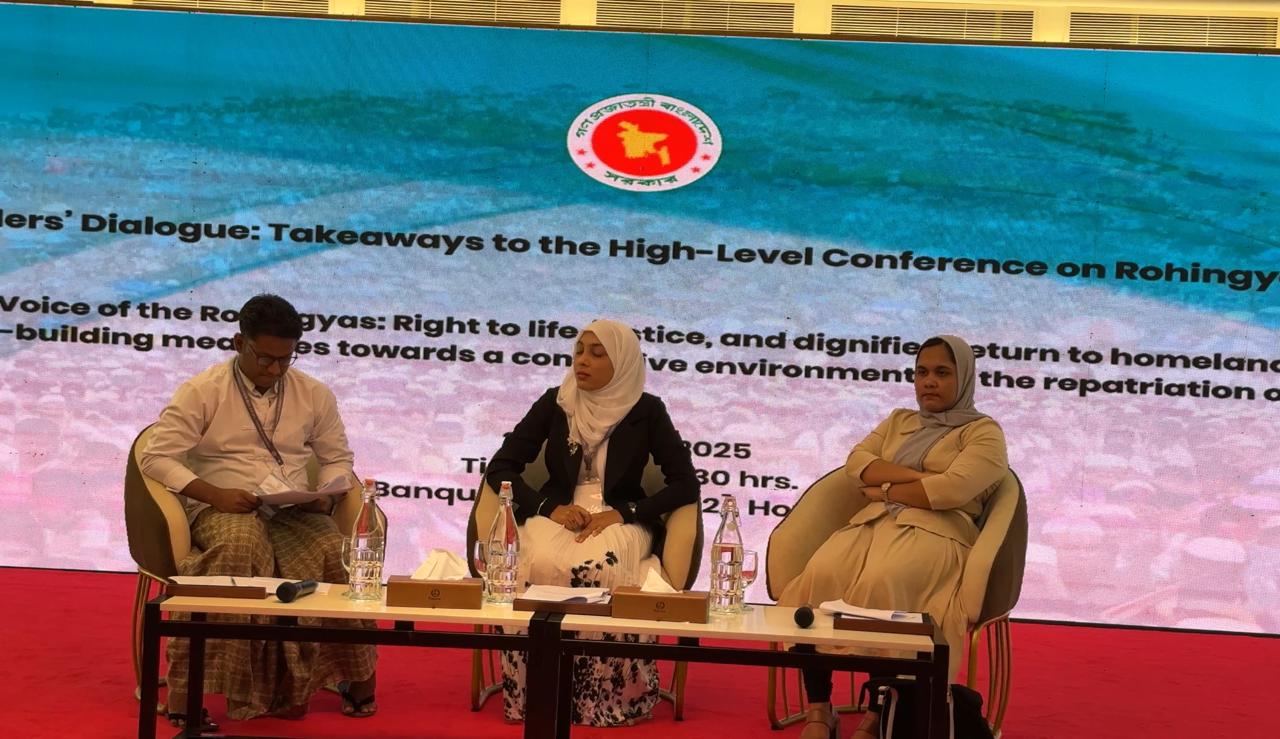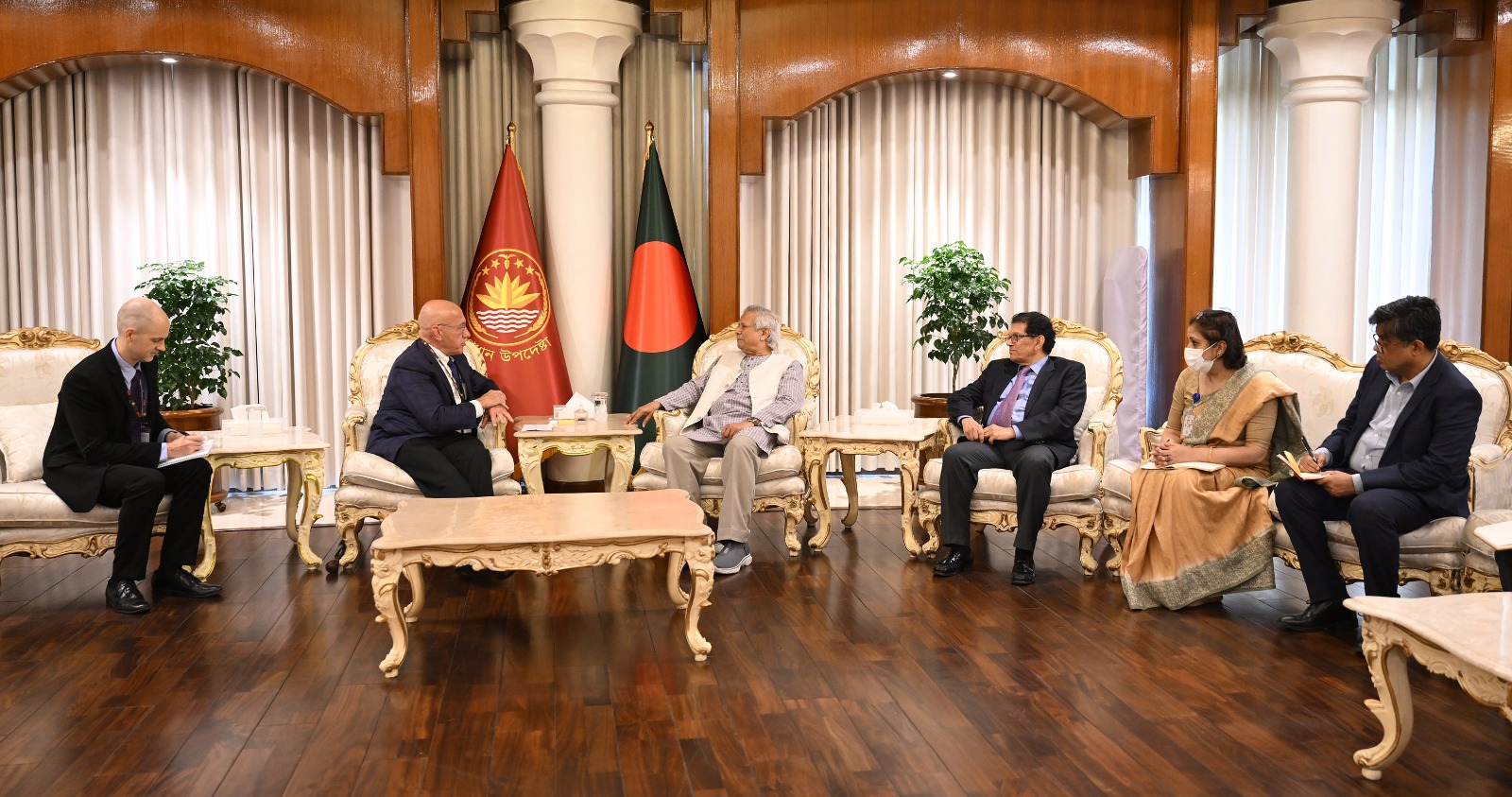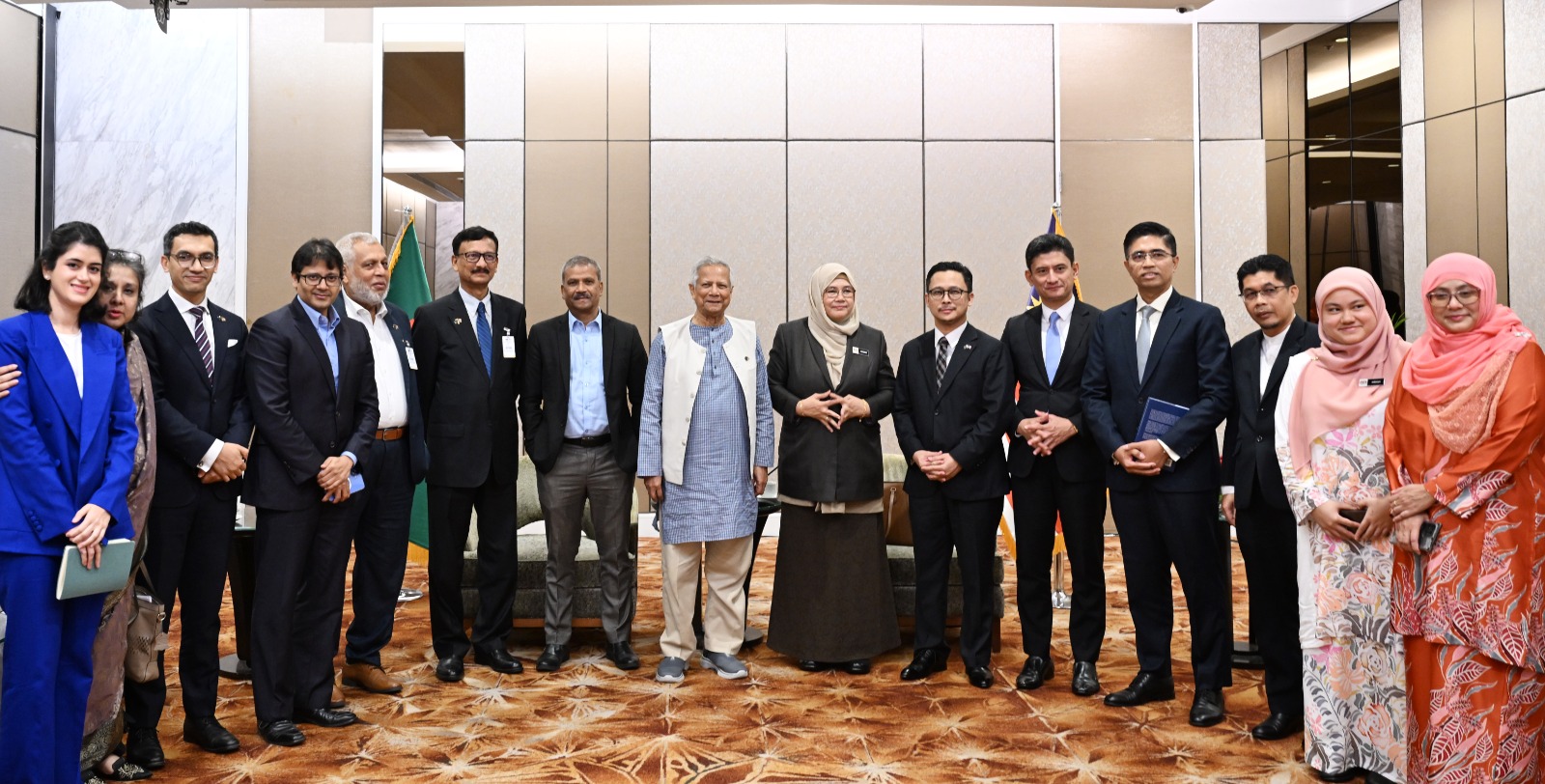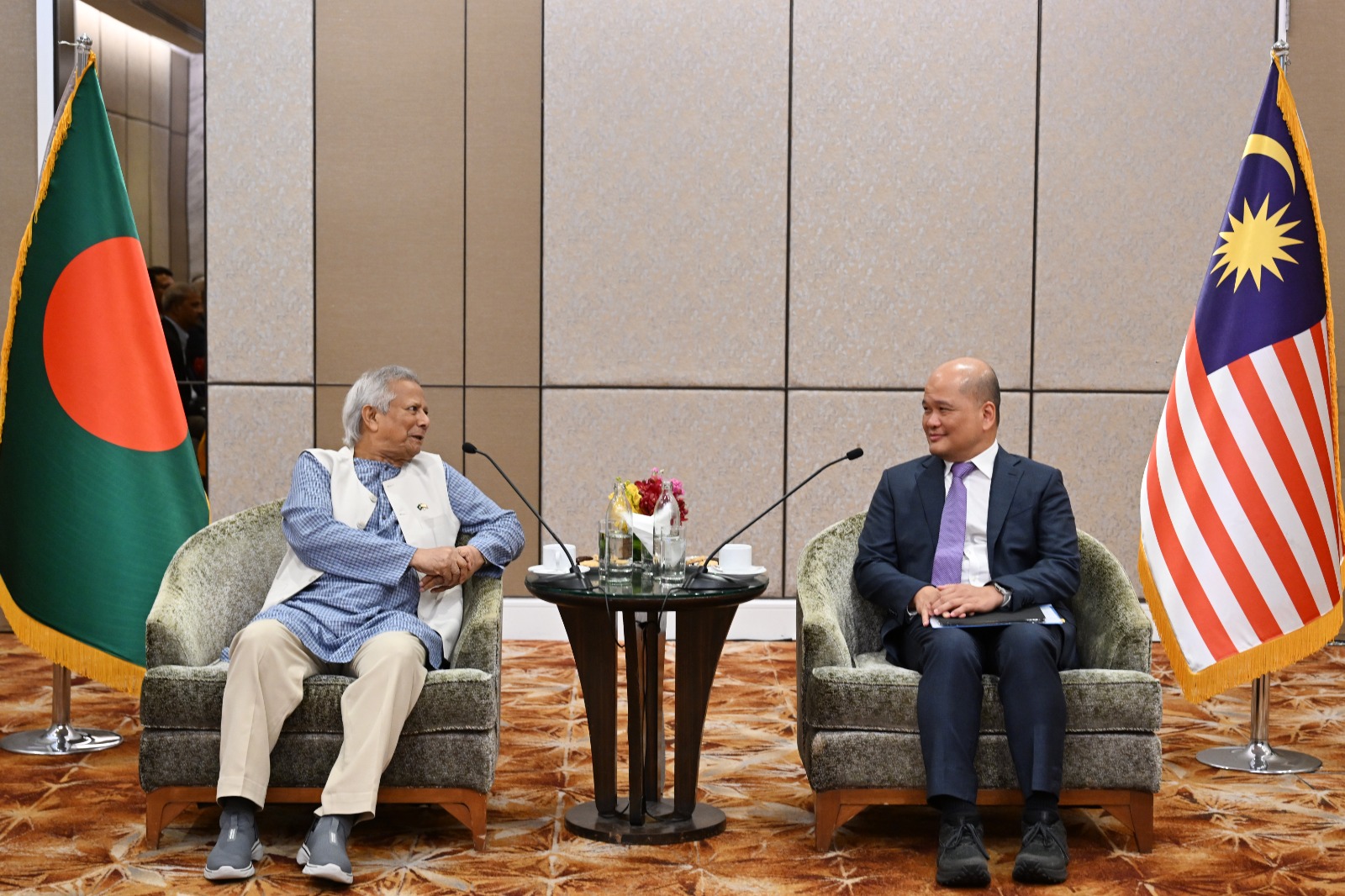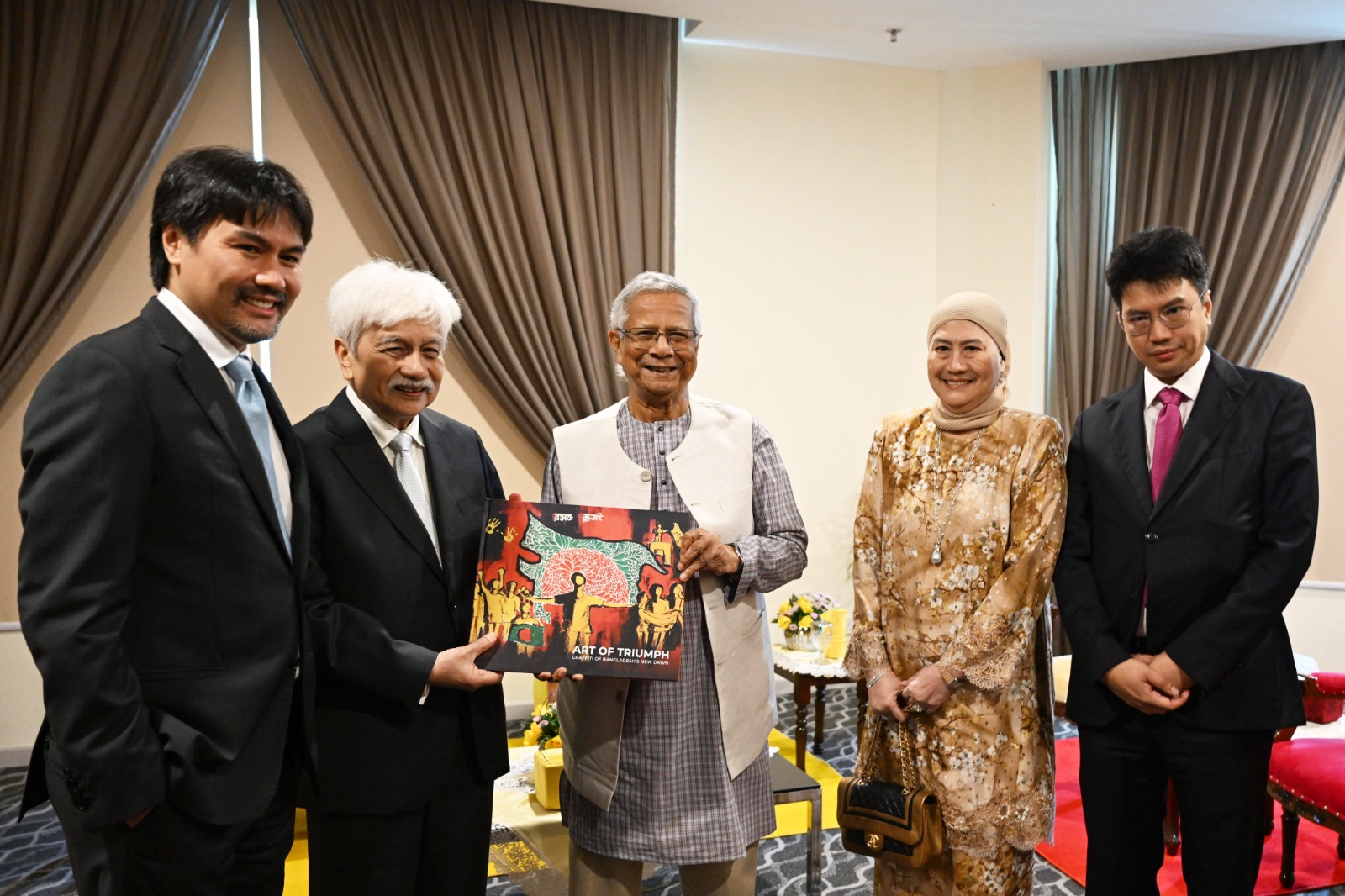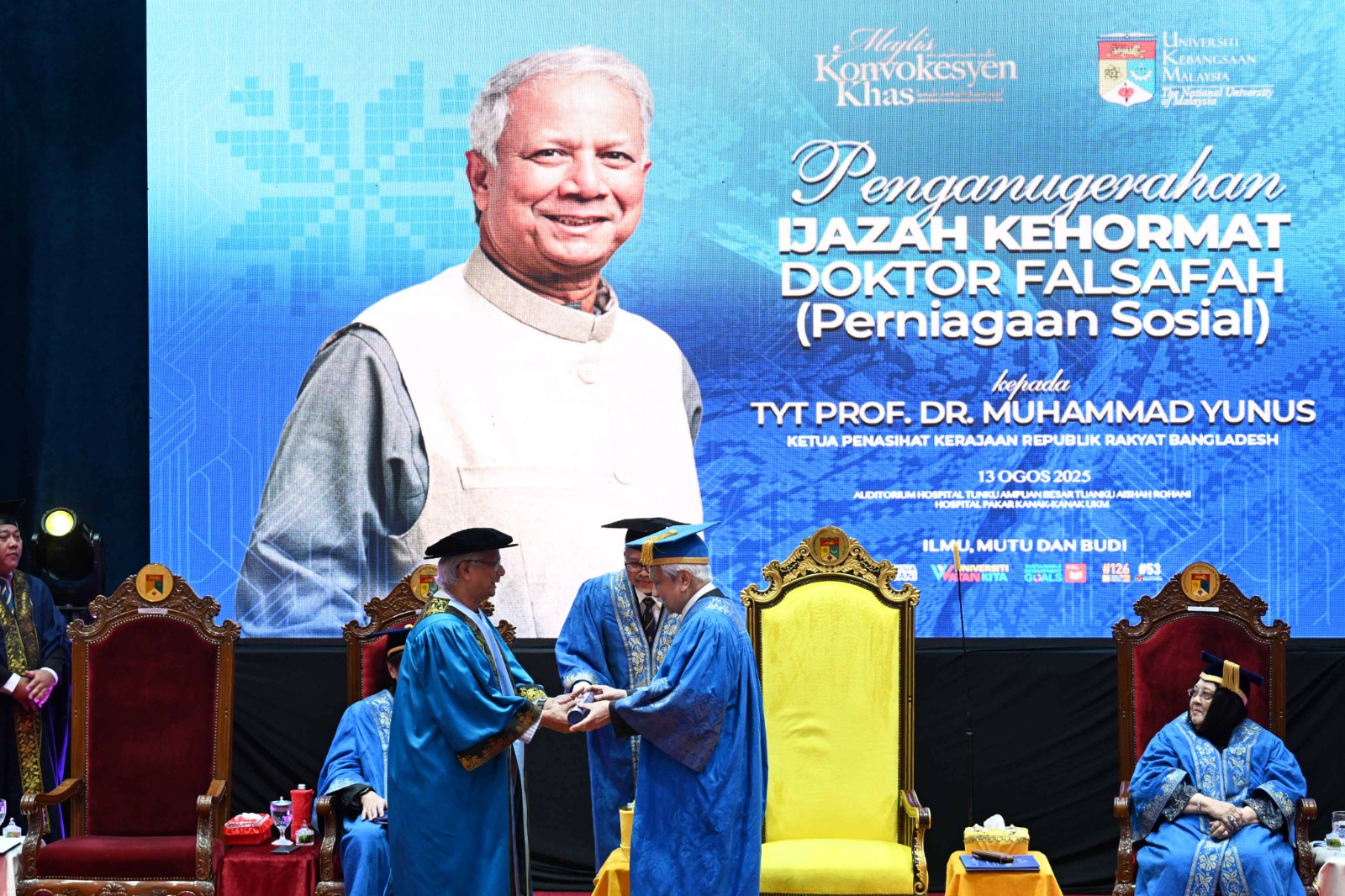Dhaka
Wednesday, 17 September, 2025
- Dhaka, Wednesday, 17 September, 2025

Dhaka, Bangladesh Global: Despite growing youth involvement in politics, Umama Fatema, spokesperson of the Anti-discrimination Students Movement (ADSM), has chosen not to join the newly formed Jatiya Nagorik Party (NCP).
On Thursday, March 13, she discussed her decision, the challenges facing ADSM, and the broader political landscape.
She believes that the core issues raised during the July Uprising remain unresolved, making it premature to shift focus toward electoral politics.
Fatema acknowledged NCP’s potential to attract young voters, especially with its emphasis on female leadership.
''There hasn’t been a leader under 35 in mainstream politics for a long time. If NCP genuinely prioritises youth-friendly policies, it could gain significant support,'' she said.
However, she explained that joining a new political party would mean moving past crucial issues that emerged from the July Uprising.
''The movement raised fundamental questions—justice against the Awami League, women's rights, governance—but these remain unresolved. Instead of addressing them, people are now trying to build their own political paths. That doesn’t sit right with me,'' she asserted.
ADSM, the student-led movement that played a crucial role in the uprising, has faced growing uncertainty over its future. Speculation about its dissolution intensified following internal discussions, but Fatema firmly dismissed the rumours.
''We had a meeting on March 2, but no decision was made to dissolve the movement. We have committees across 40 districts, sub-districts, and universities. These voices must be considered before any decision is made,'' she stated.
While acknowledging that ADSM needs restructuring, she emphasised that the platform still has work to do.
''If we disband now, what happens to those who fought in July? To those who are still waiting for justice? We can’t walk away just yet,'' she added.
On the government's handling of the uprising, Fatema was critical. ''The administration had a crucial opportunity in the first two months to stabilise the situation. However, the destruction of Dhanmondi 32, followed by widespread violence, was not dealt with firmly,'' she said. According to her, the lack of decisive action has led to growing public frustration.
''People expected swift justice against the Awami League, but the process is moving too slowly—charges haven’t even been framed yet,'' she pointed out.
Fatema reaffirmed her support for banning Awami League, arguing that their electoral history justified the move.
''The last three national elections were a disgrace. If those results are invalidated, it would set a precedent for the future. We have pushed for this ban from the beginning,'' she said.
She also pointed to international support for prosecution, citing UN Human Rights Chief Volker Türk's statement that legal action against the Awami League is necessary.
''If the case reaches the International Criminal Court (ICC), we could press for them to be recognised as a terrorist organisation globally,'' she added.
Regarding elections, she criticised the government's lack of a clear strategy. ''One moment, they mention local elections; the next, they talk about national elections in December. Without a roadmap, political parties and institutions remain unprepared,'' she noted.
She also blamed university administrations for delaying student council elections. ''Ordinary students are also stakeholders, but their opinions are being ignored. Universities should conduct surveys to determine if students want elections rather than relying solely on student organisations,'' she argued.
The long-delayed July Proclamation was another point of contention. Initially scheduled for December 31, its release was postponed based on government assurances. Now, Fatema warns that further delays could increase public frustration.
''If the government reduces it to a mere charter without real dialogue, it will be a betrayal of the movement,'' she said.
She urged the interim government to decide how history would remember the events of July—''Will it be labelled as mob violence or as a revolution?''
For now, Fatema remains focused on strengthening ADSM rather than joining electoral politics. ''Politics is a marathon, not a sprint. My priority is to complete the unfinished work of the movement,'' she stated.
As discussions continue about ADSM’s future, its role in shaping post-uprising politics remains crucial. Whether through restructuring or renewed activism, the movement is not ready to step aside just yet.
Stay tuned for latest news and updates bangladeshglobal.com Log in to get breaking news and hot topics of the day:www.bangladeshglobal.com








